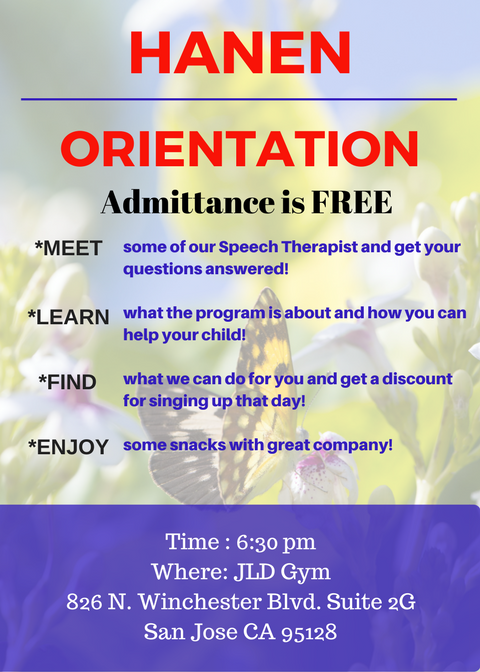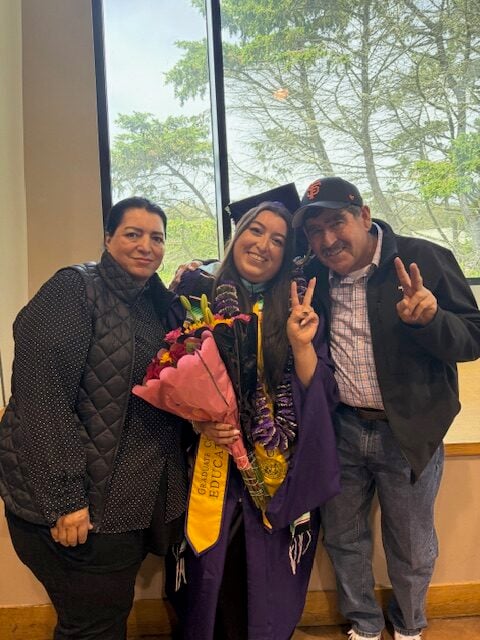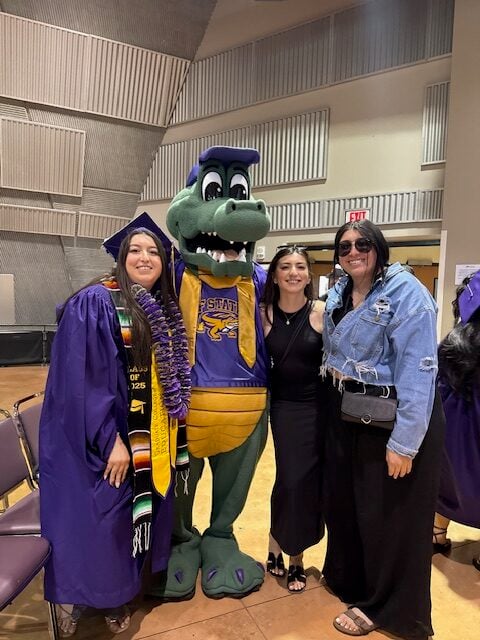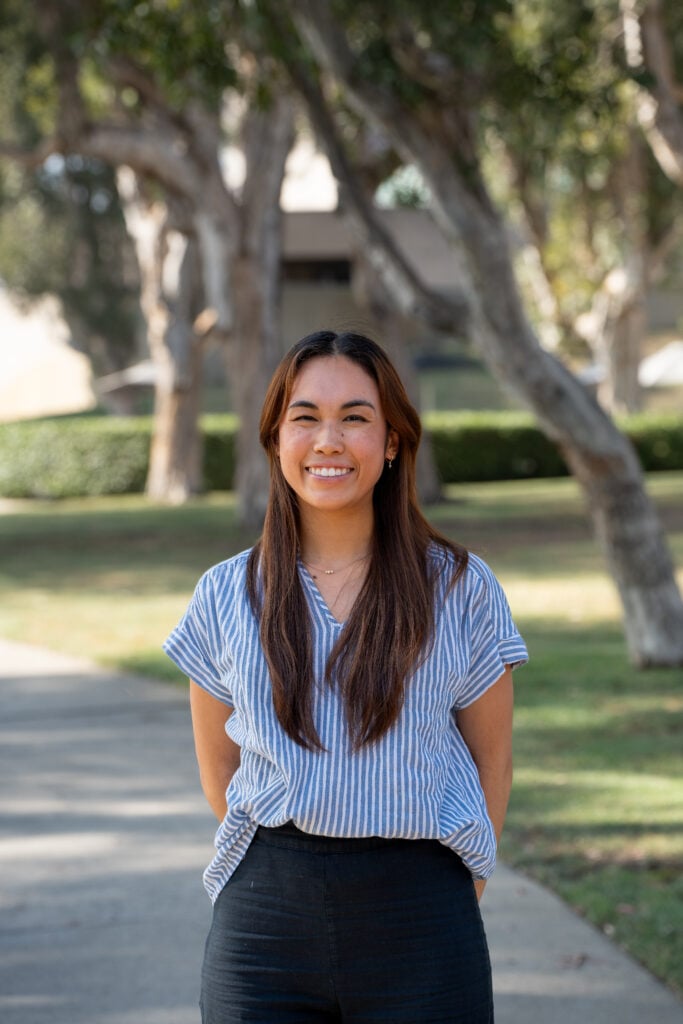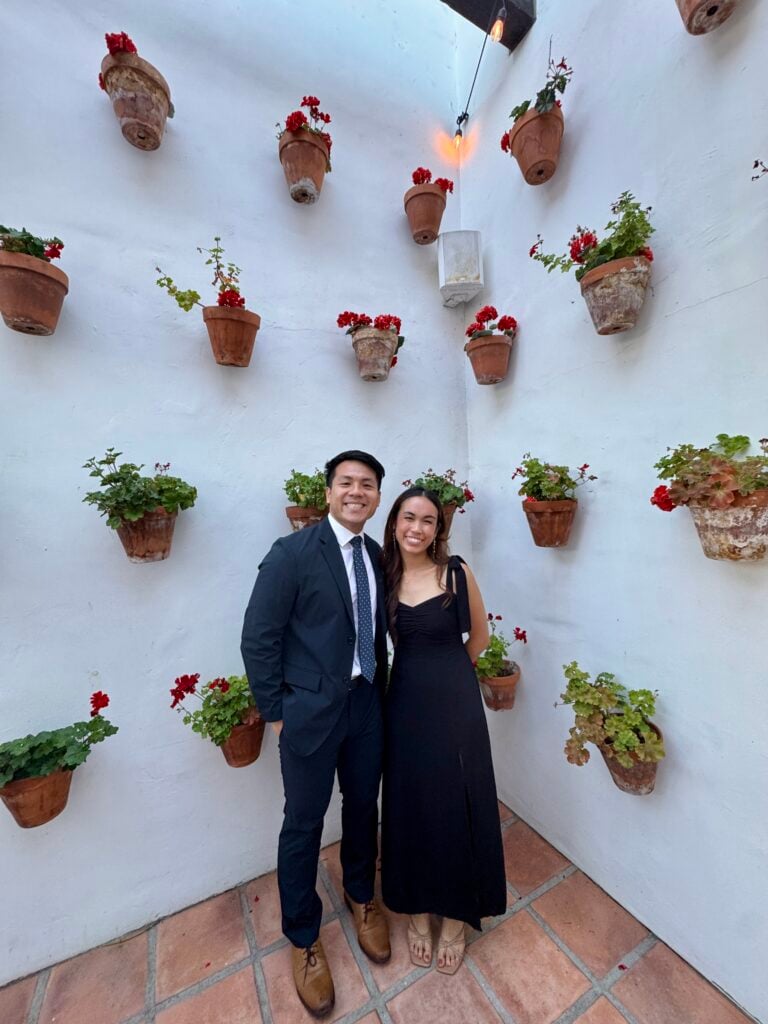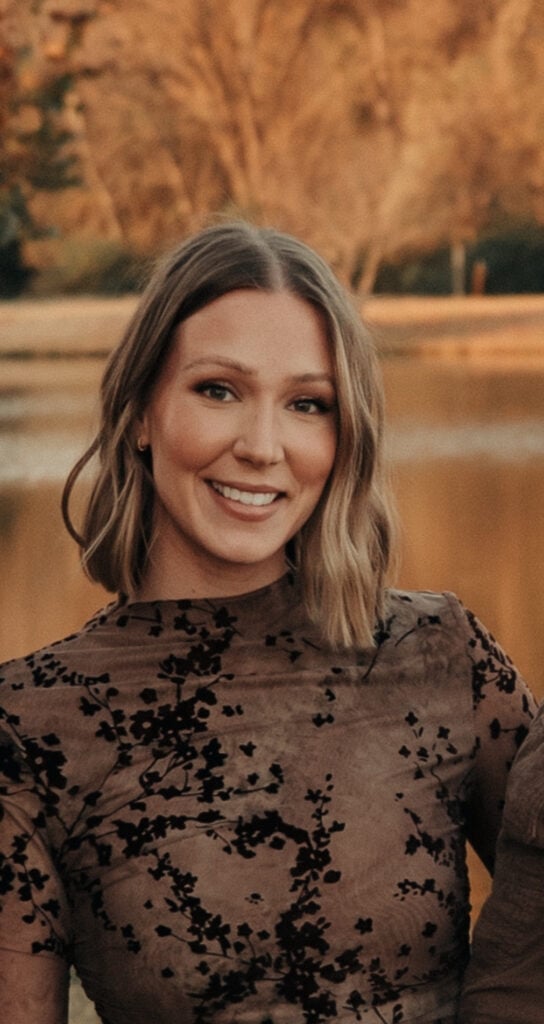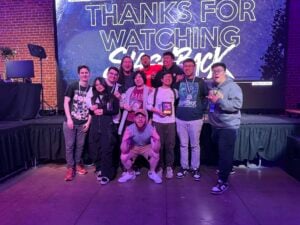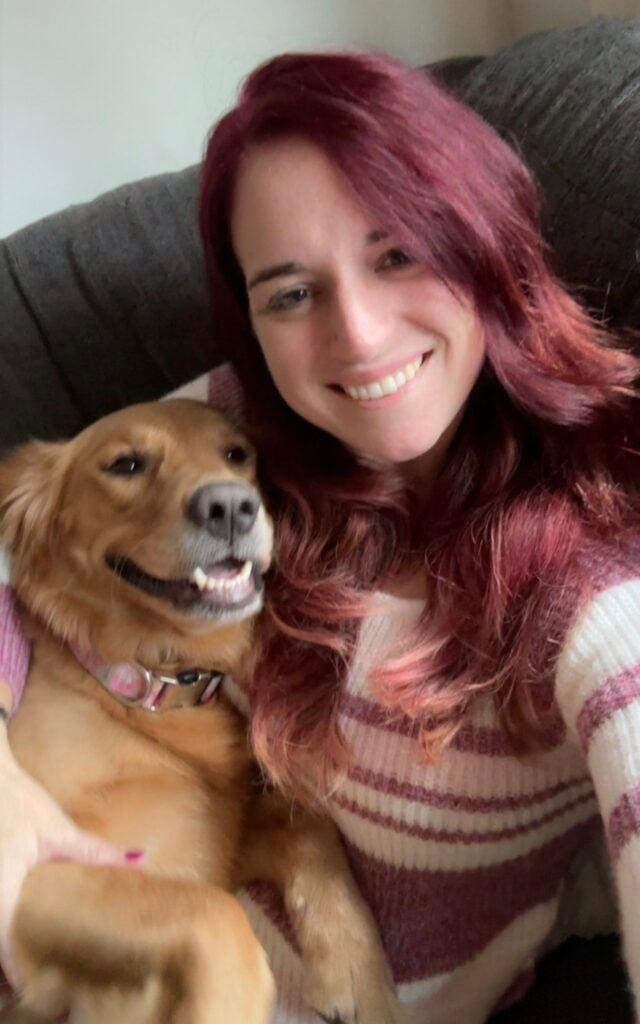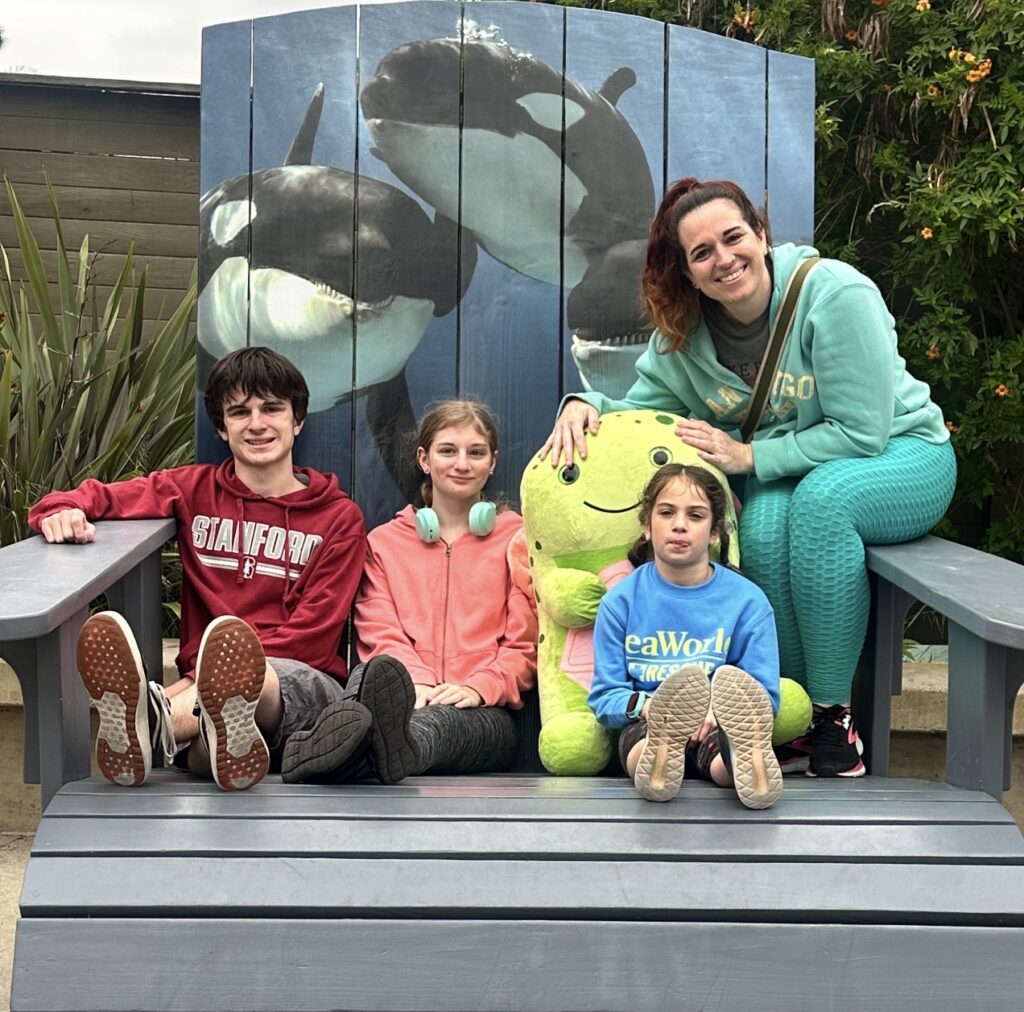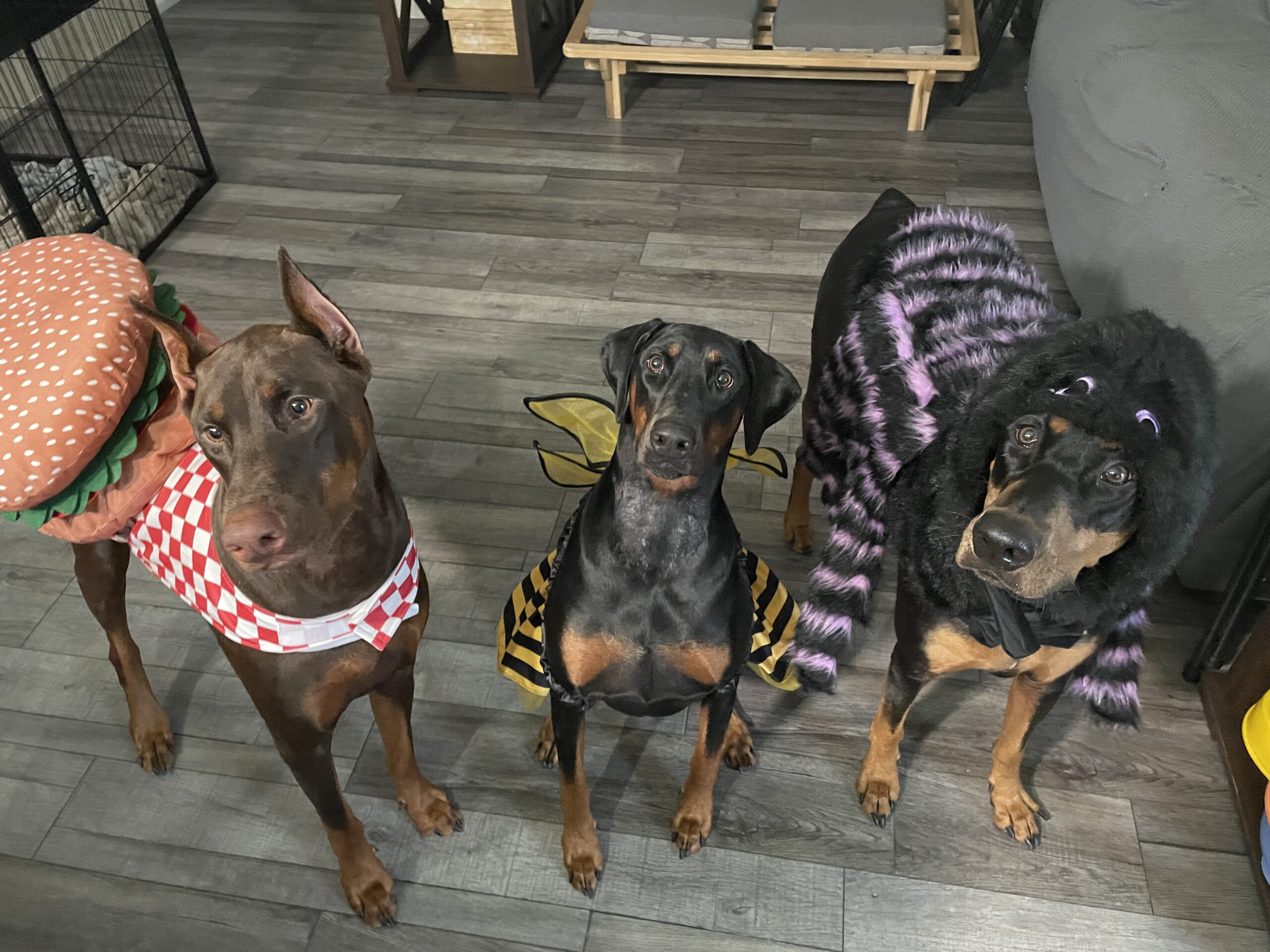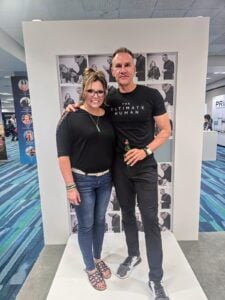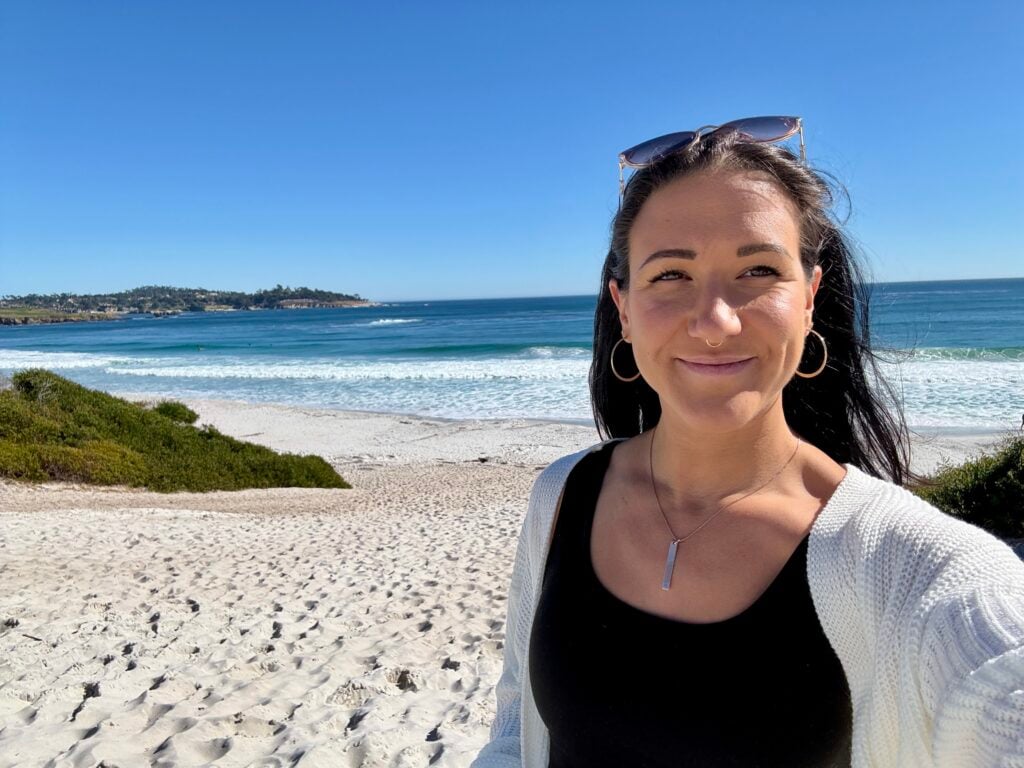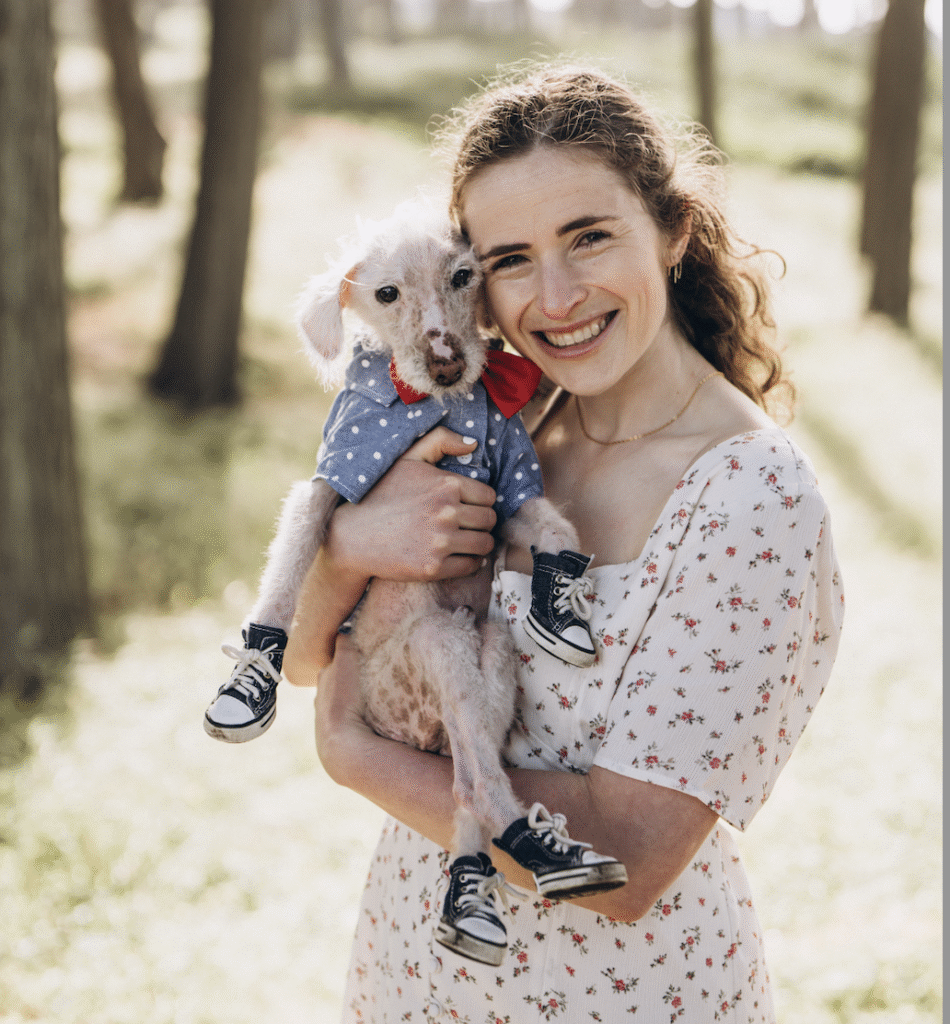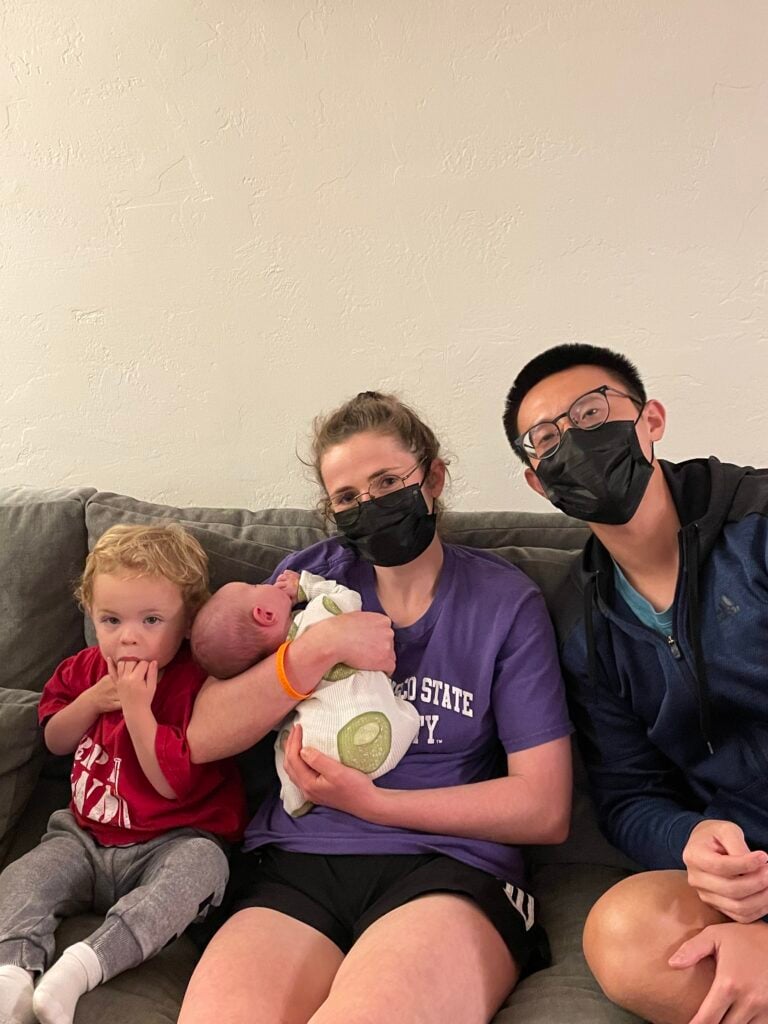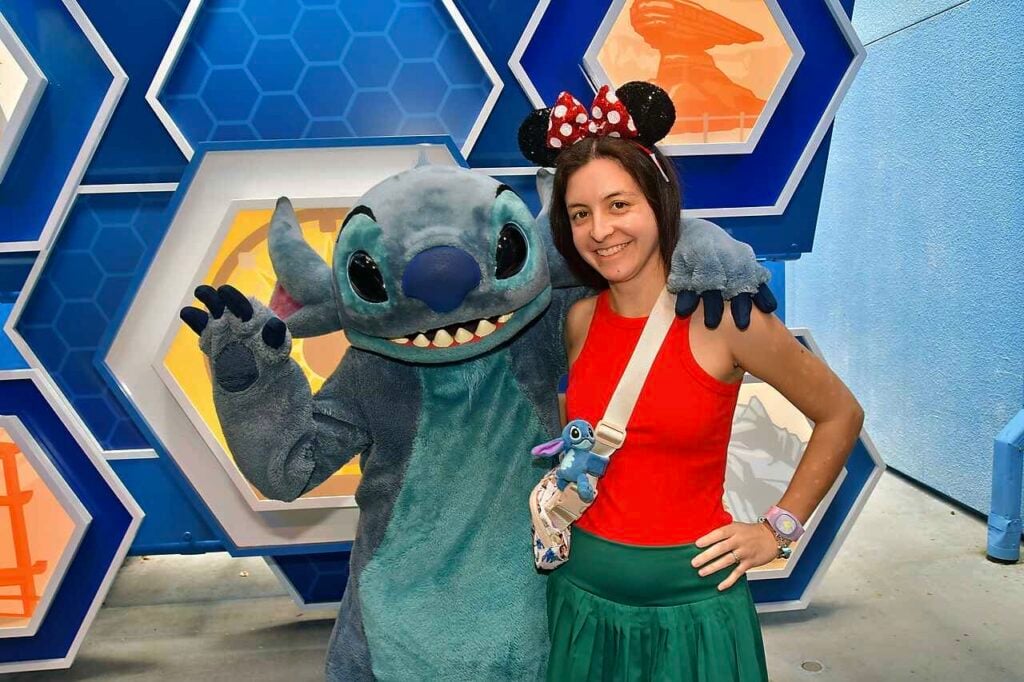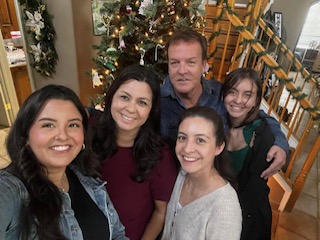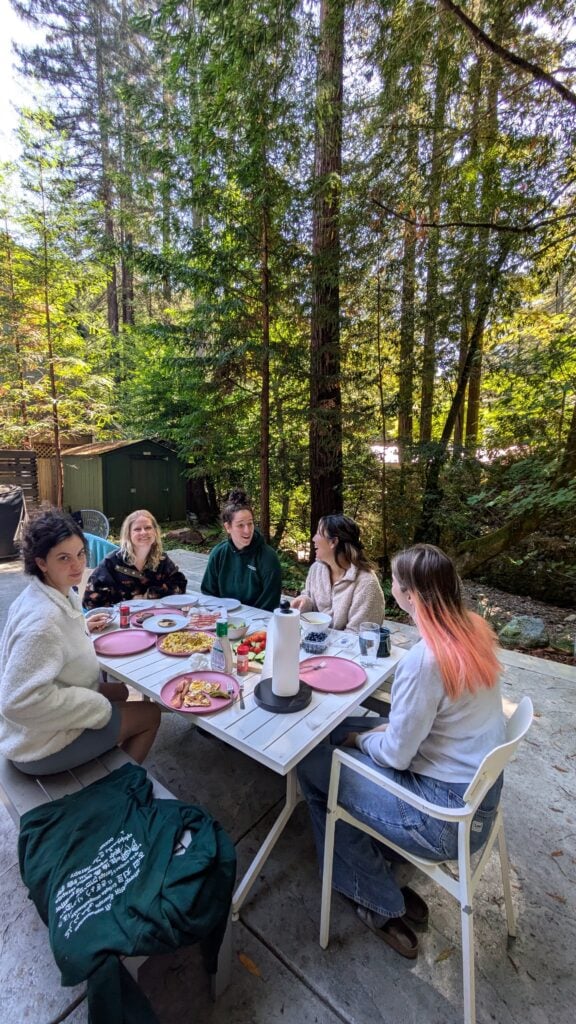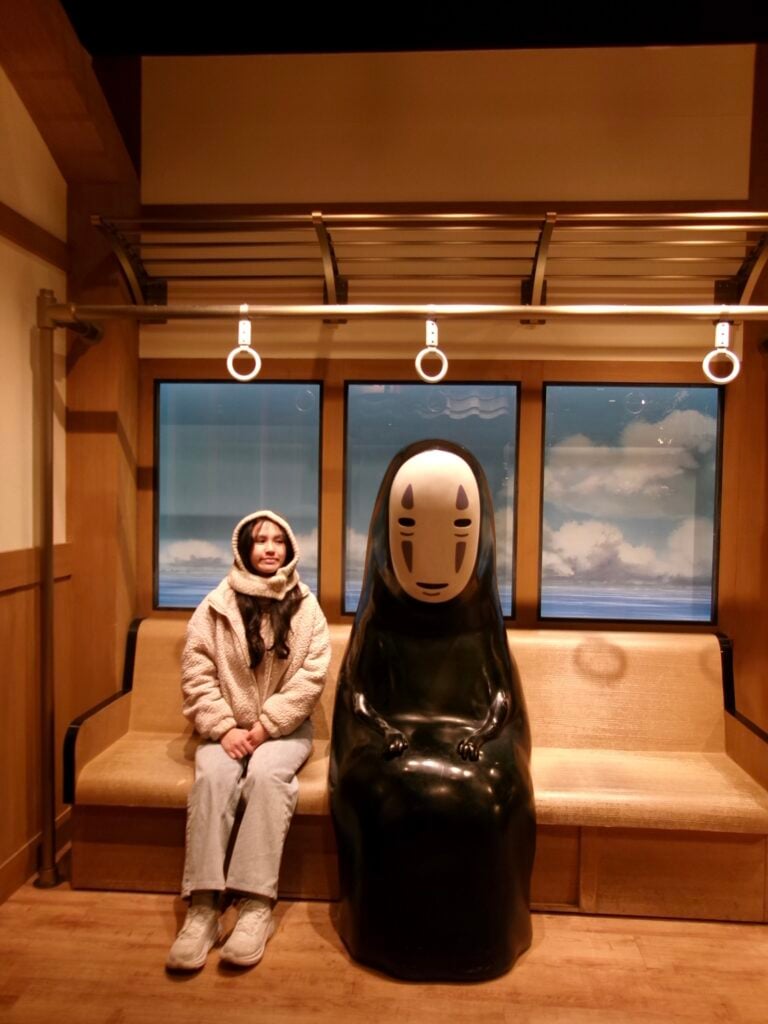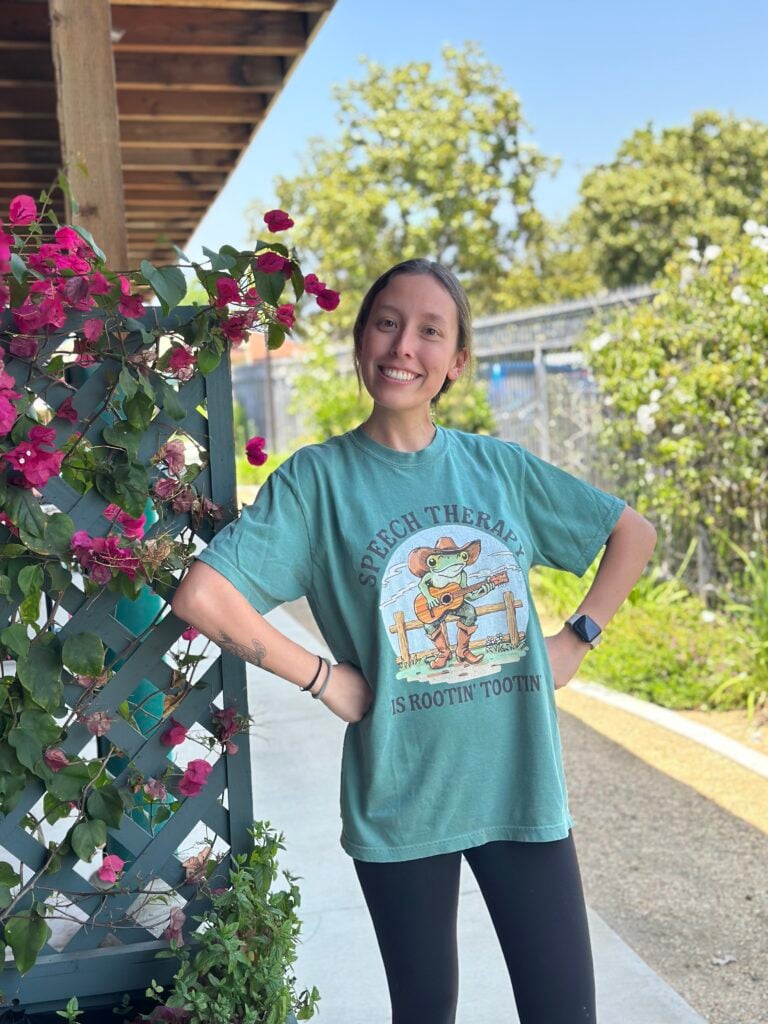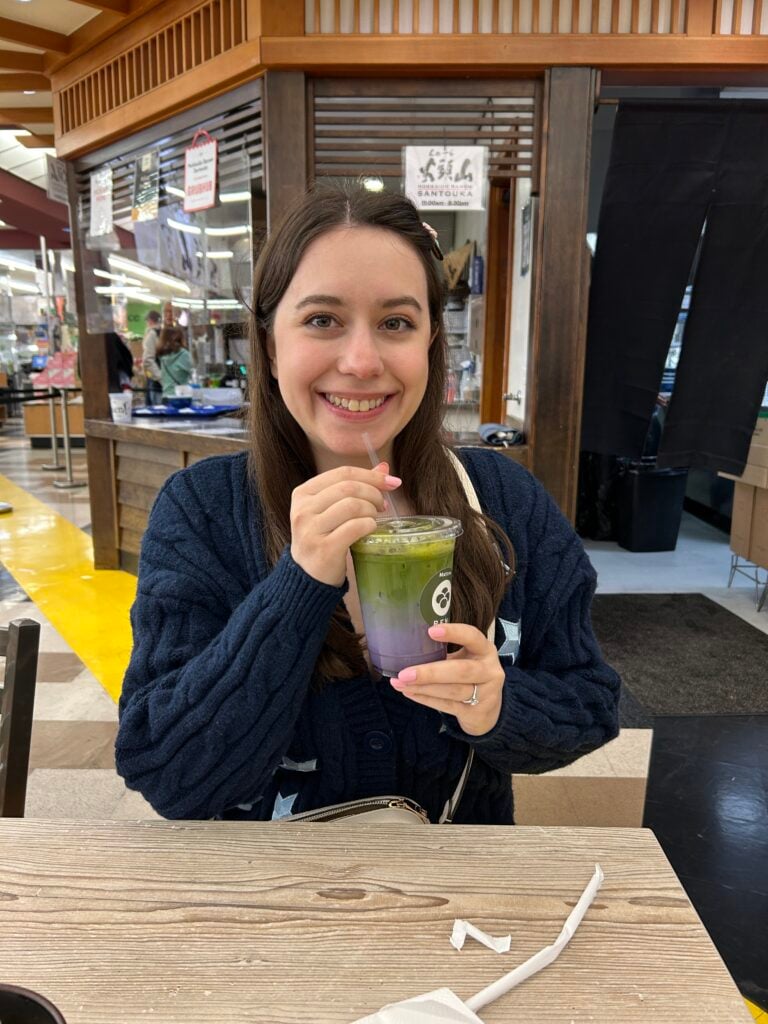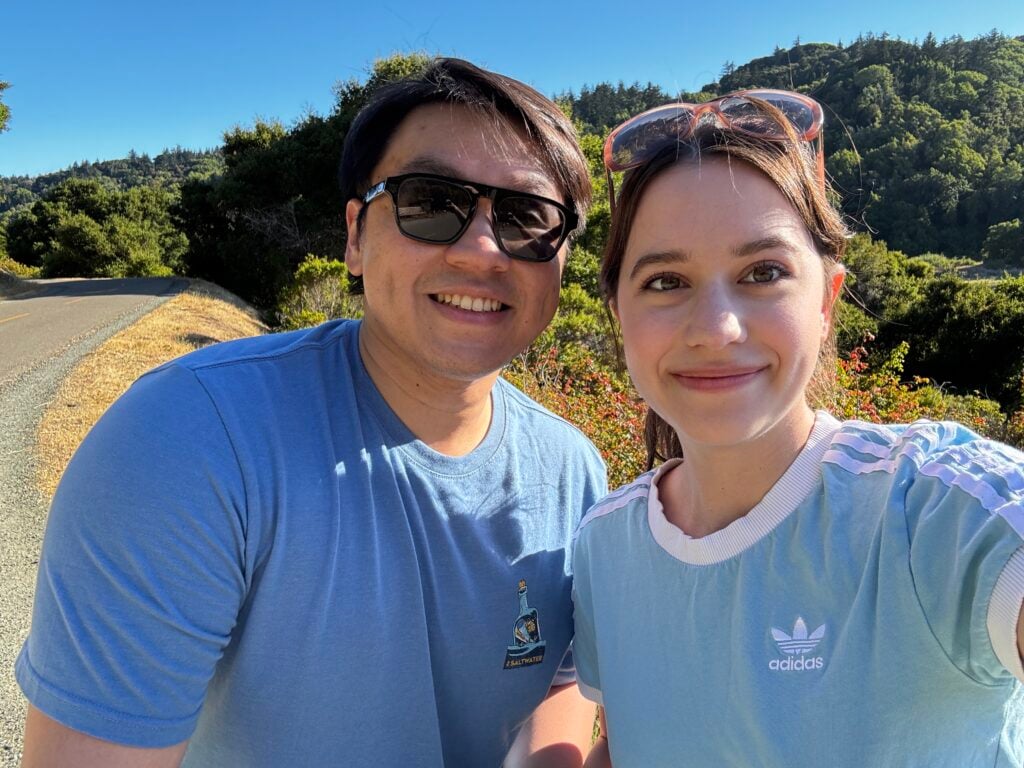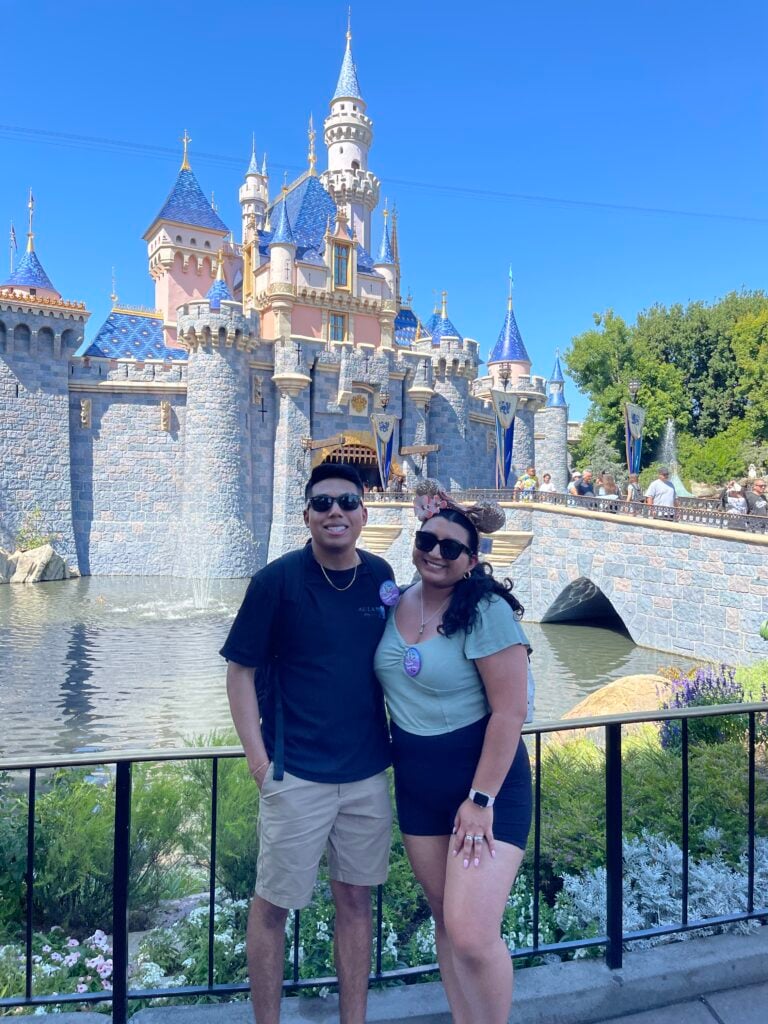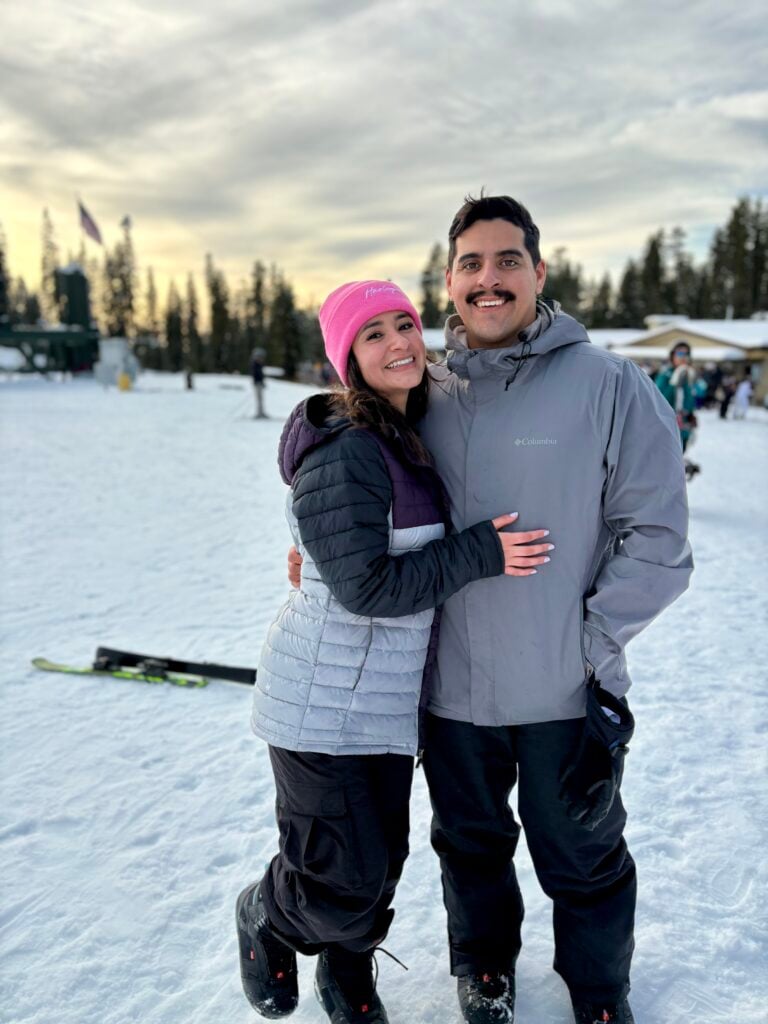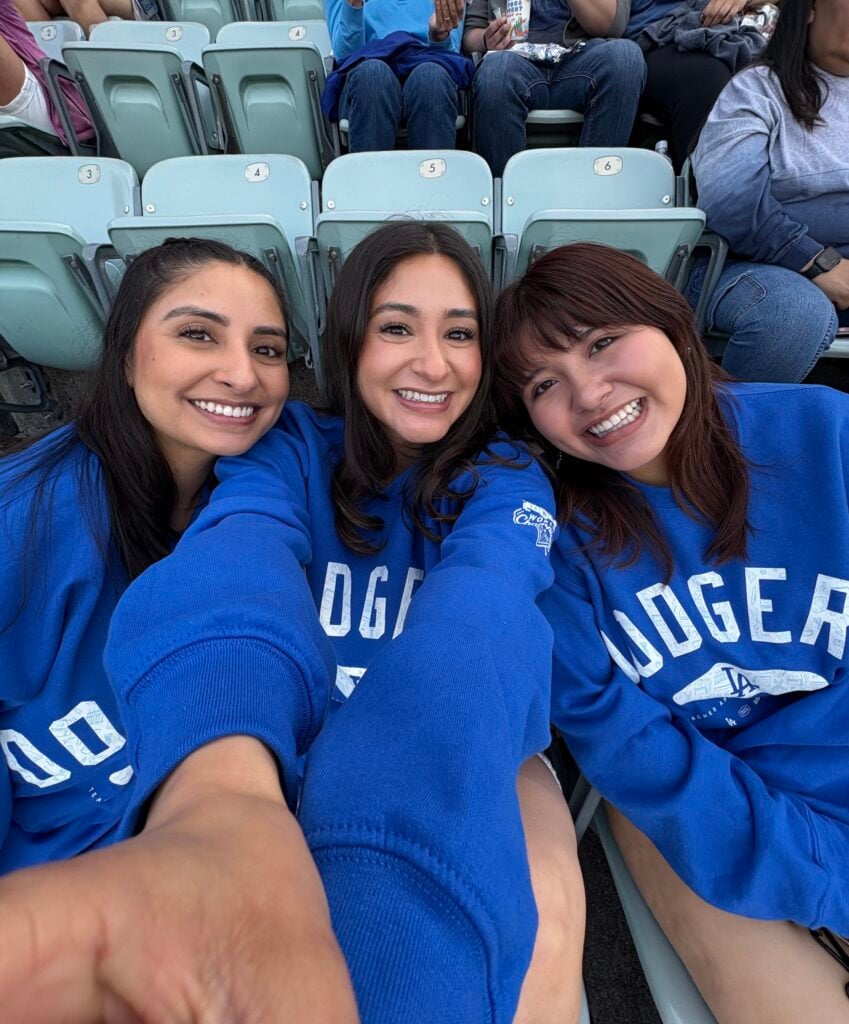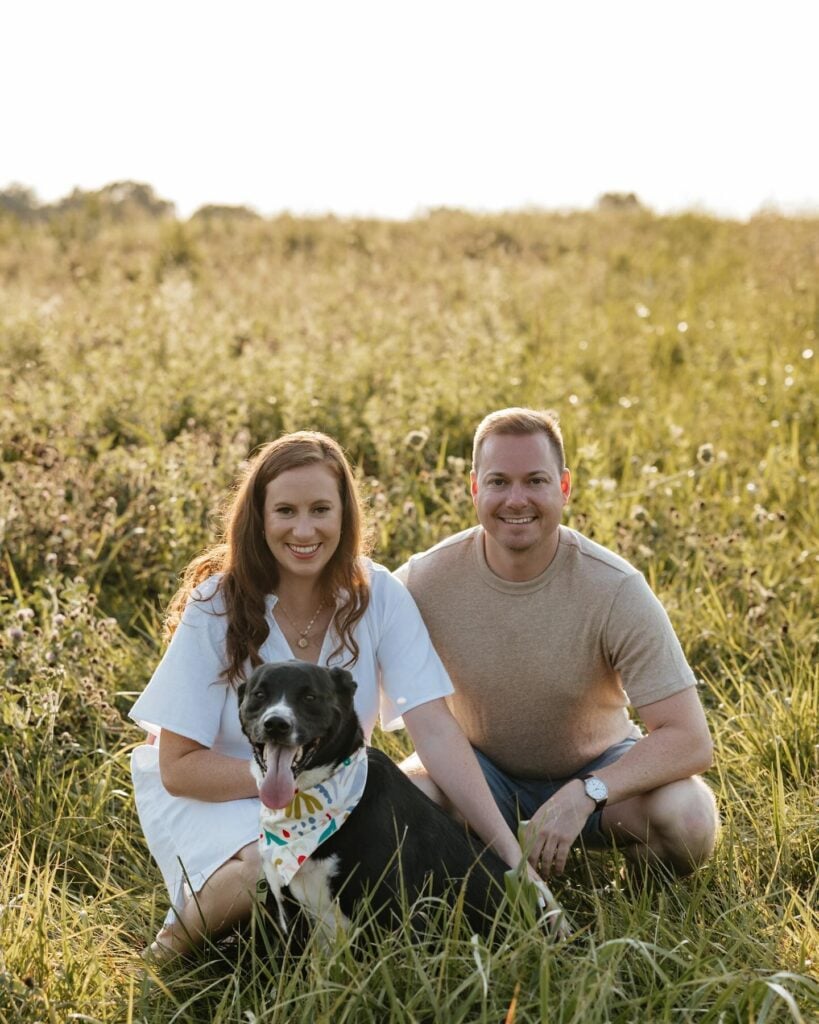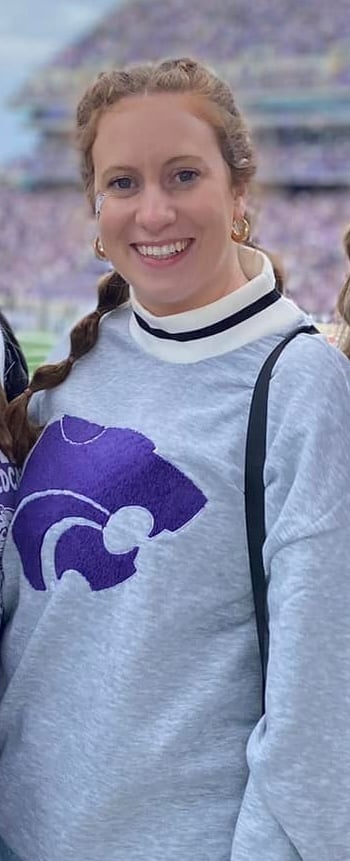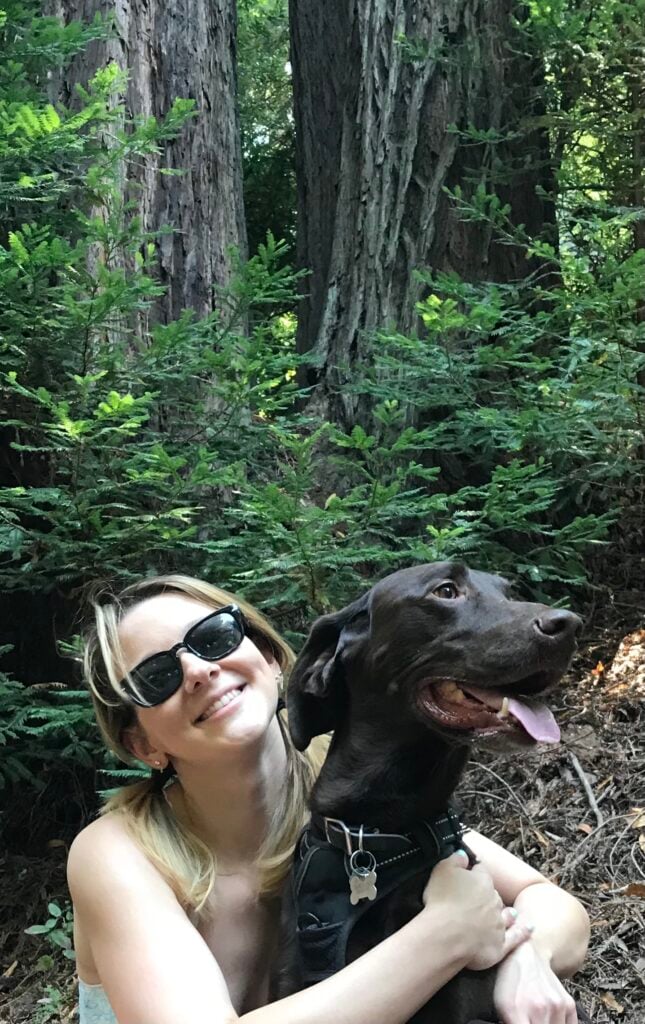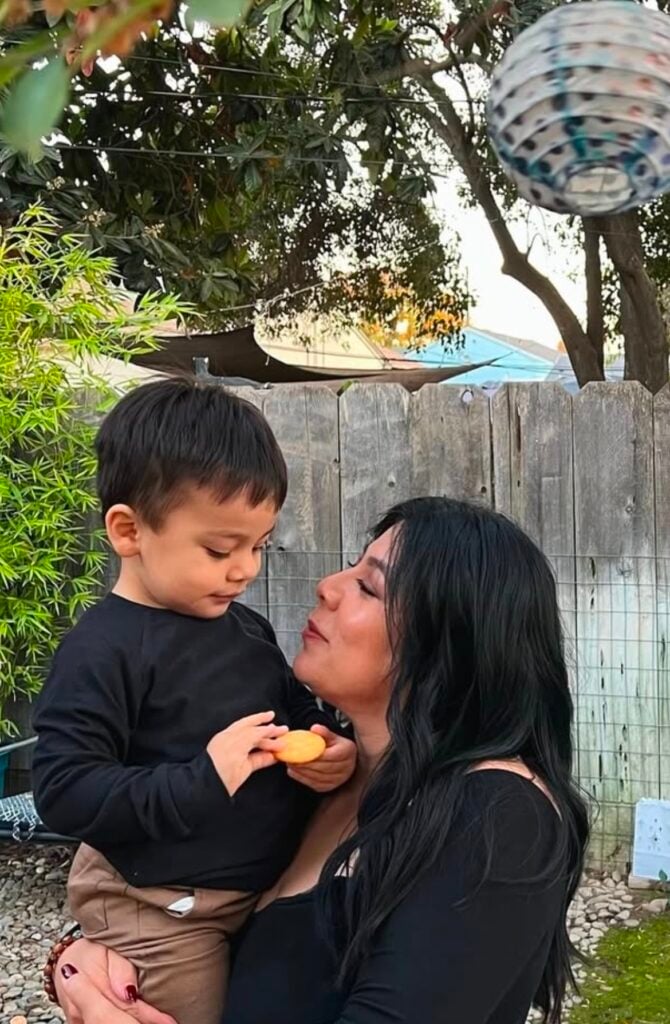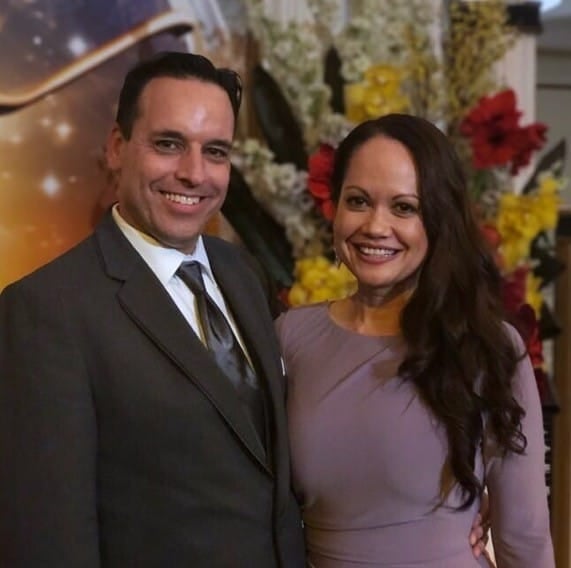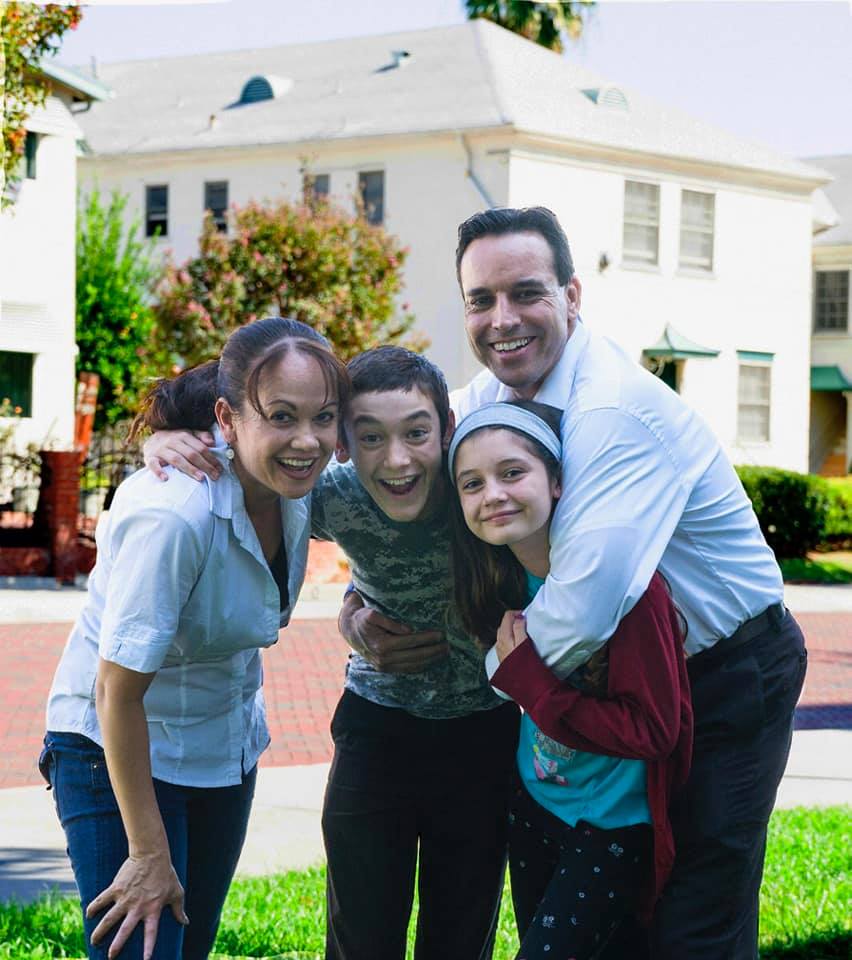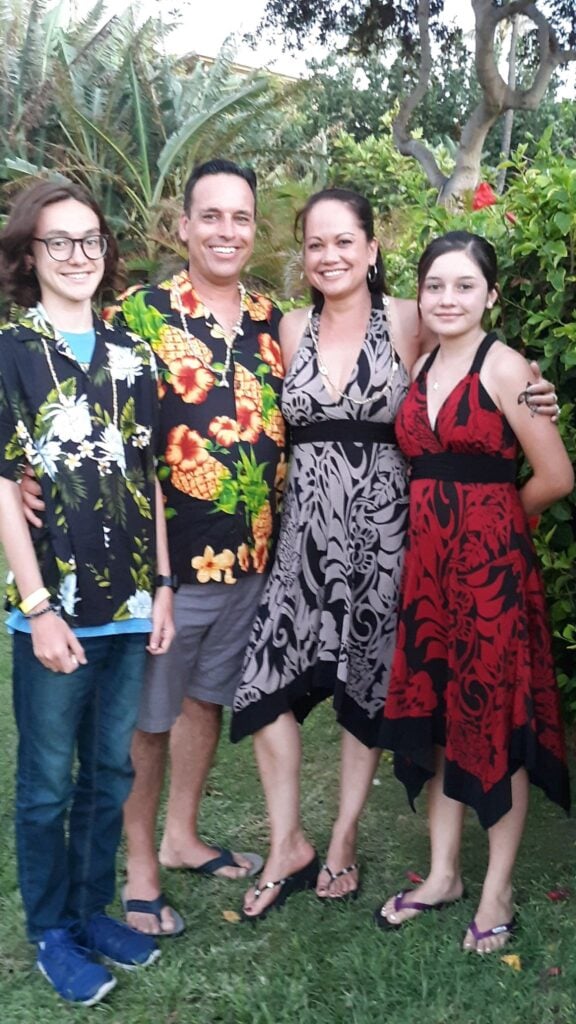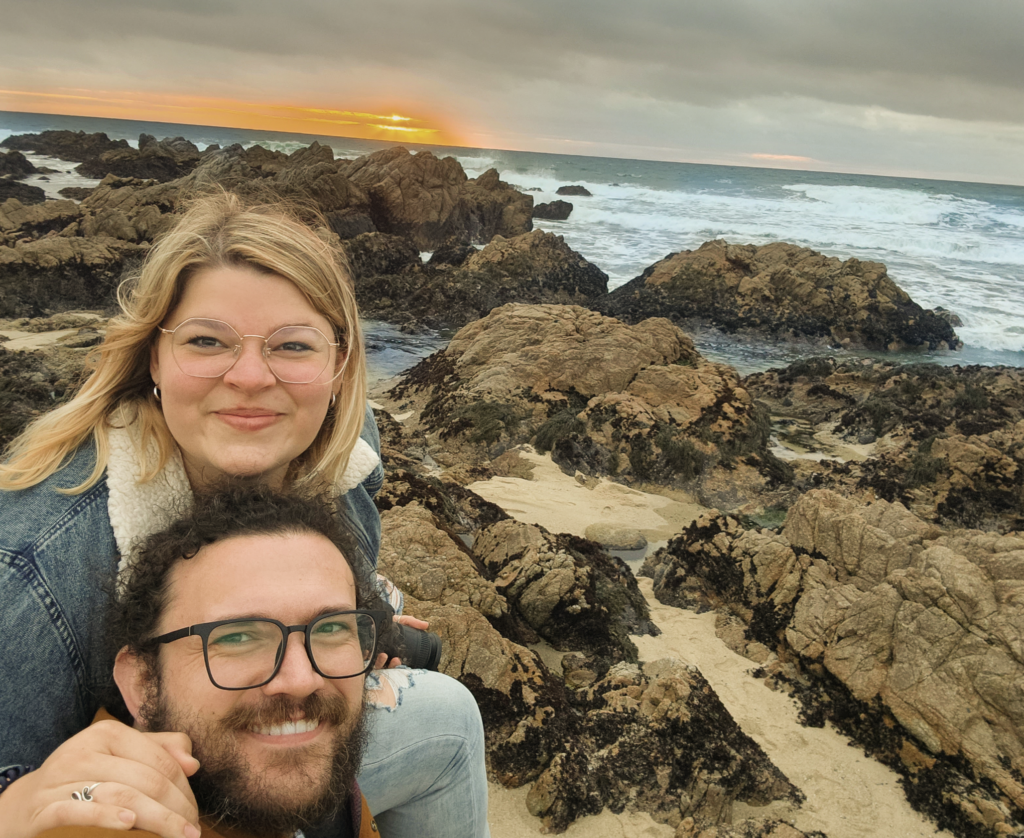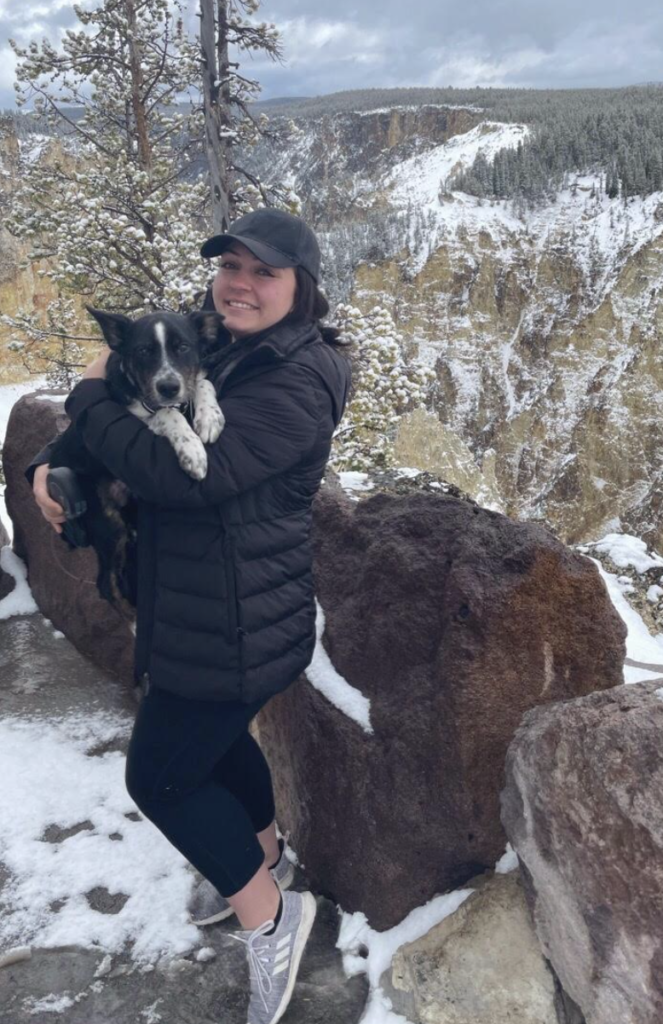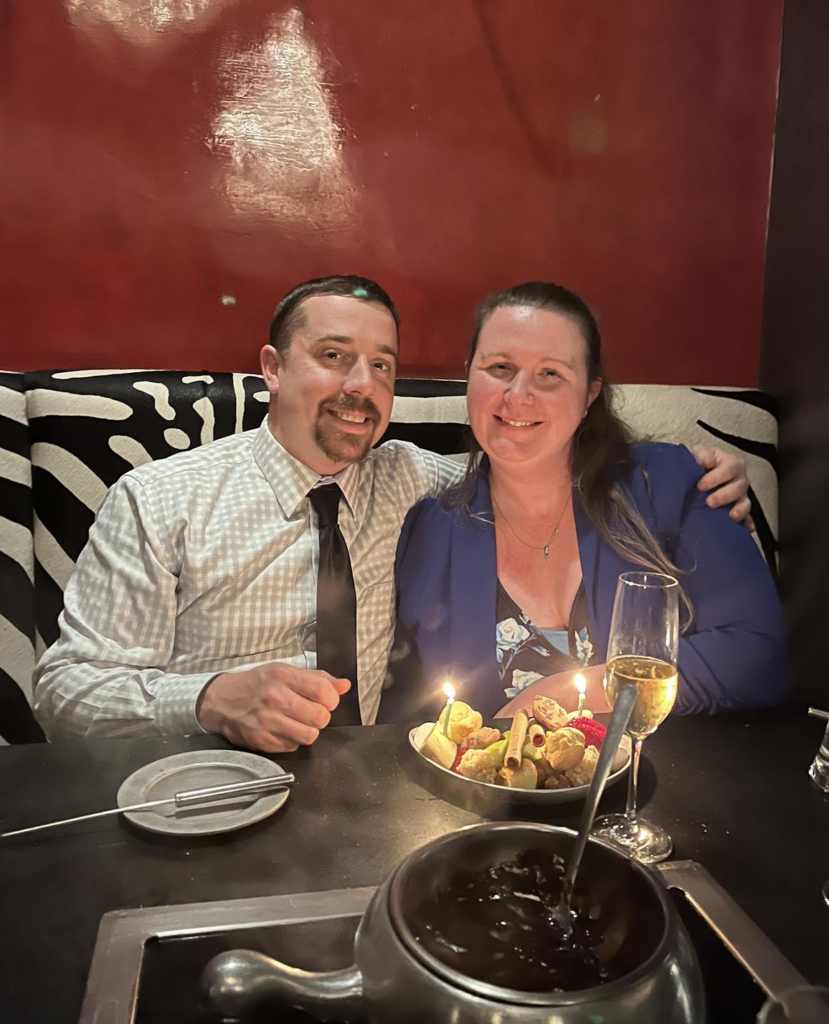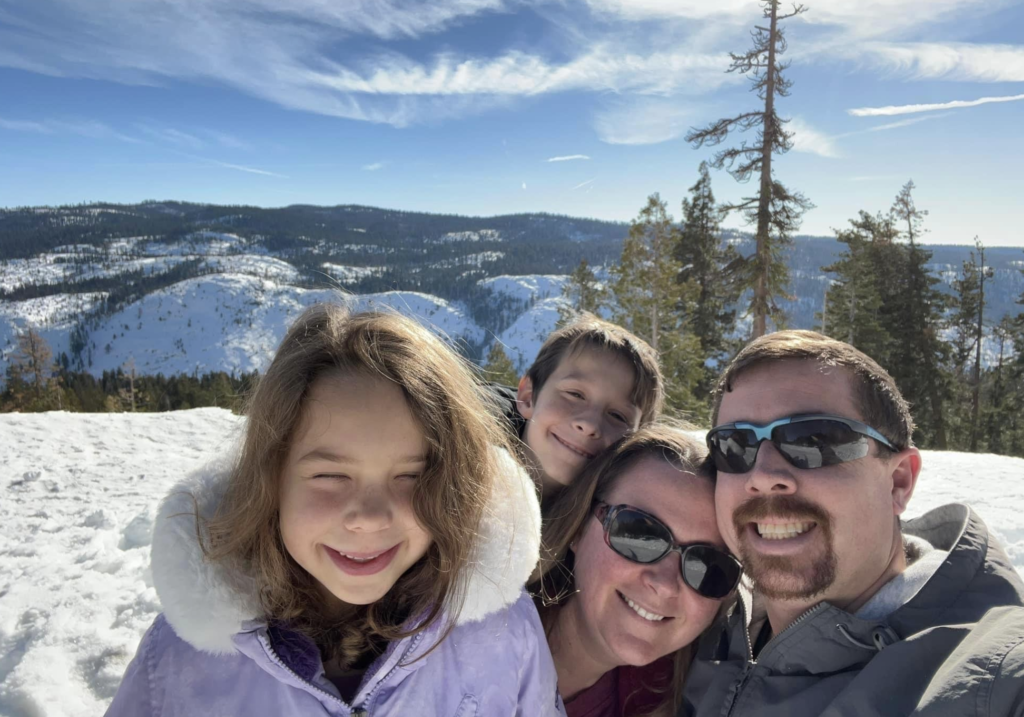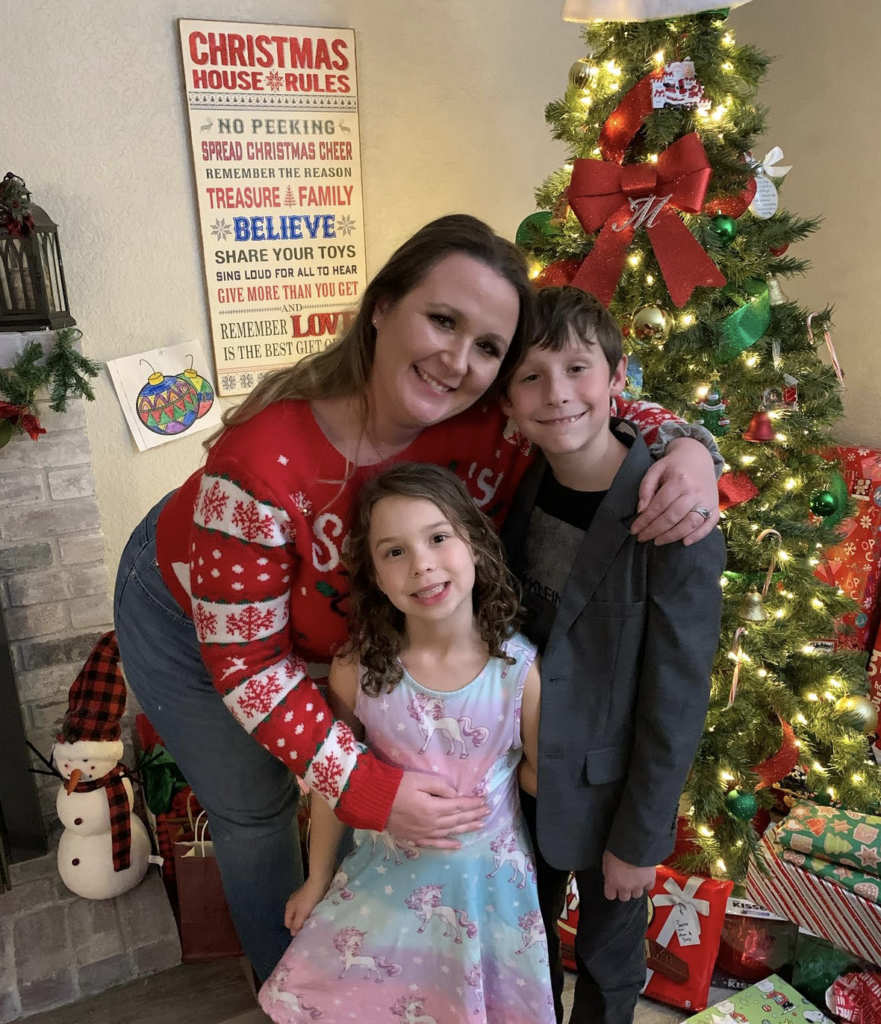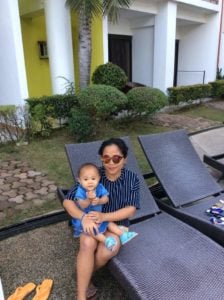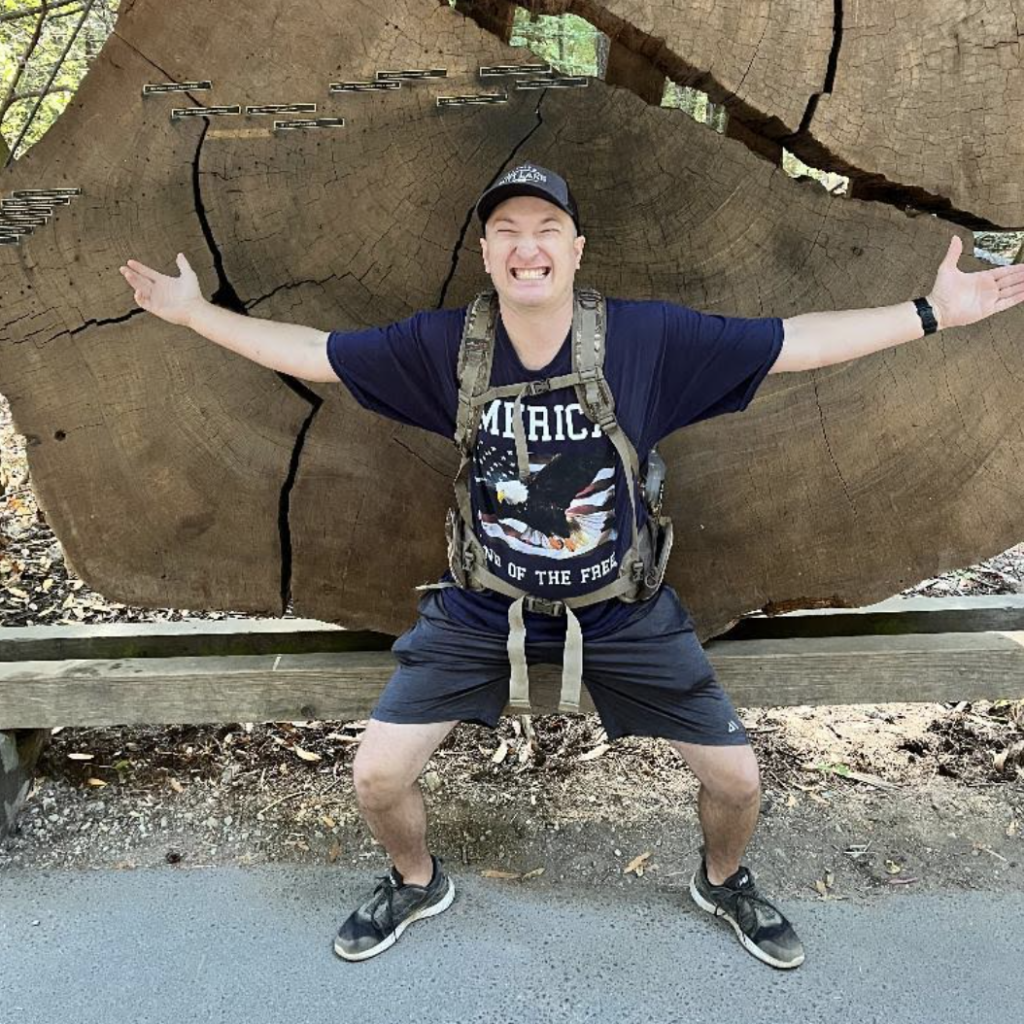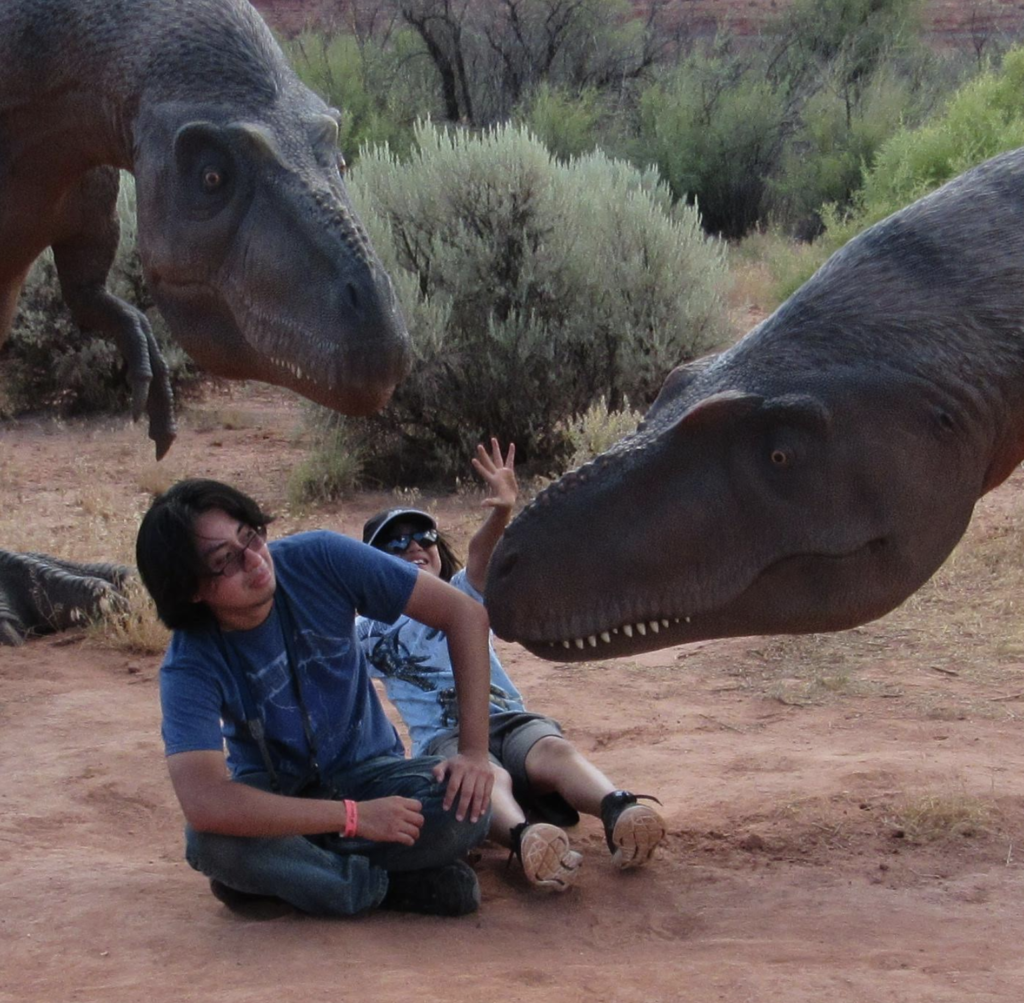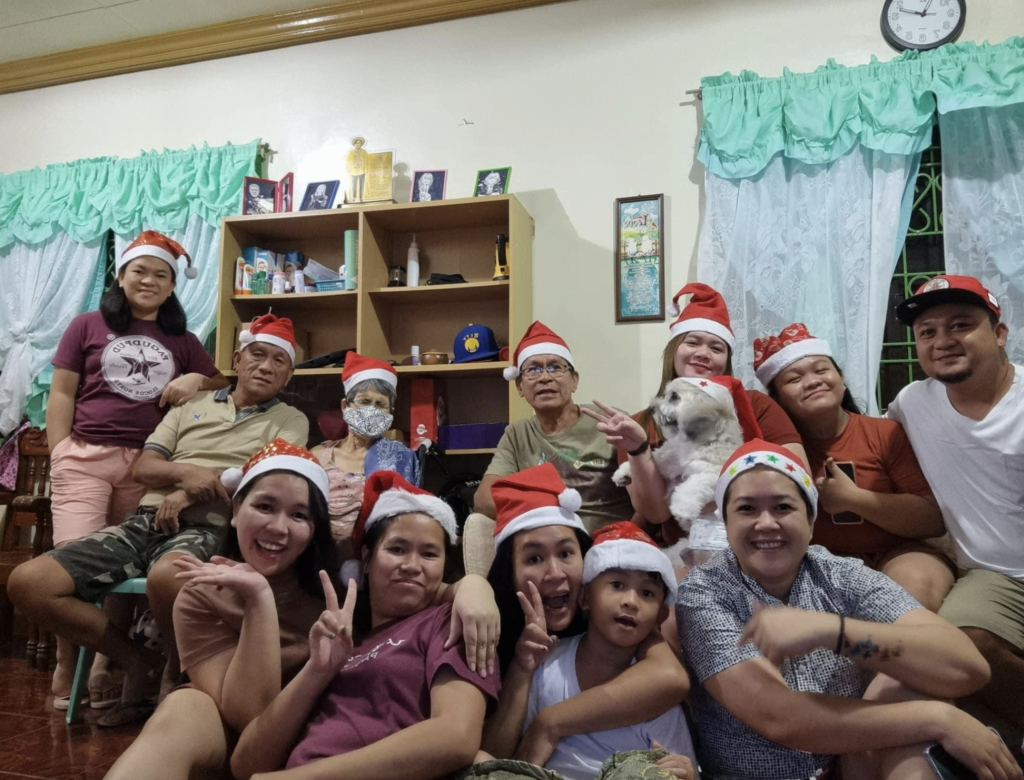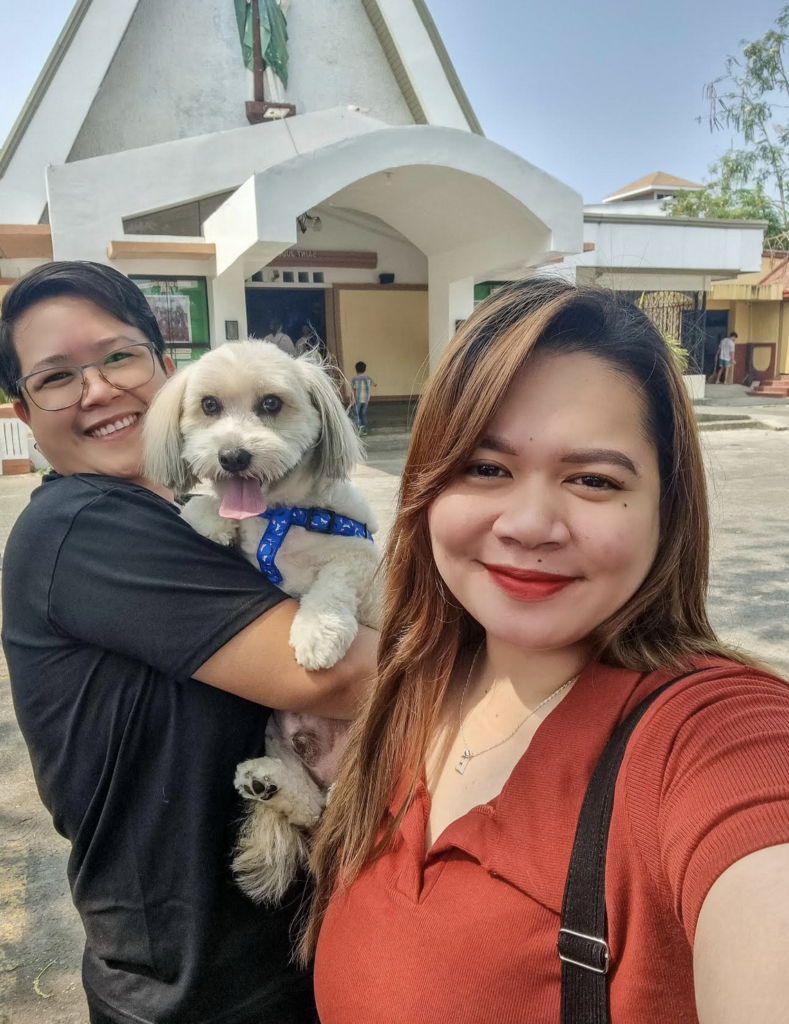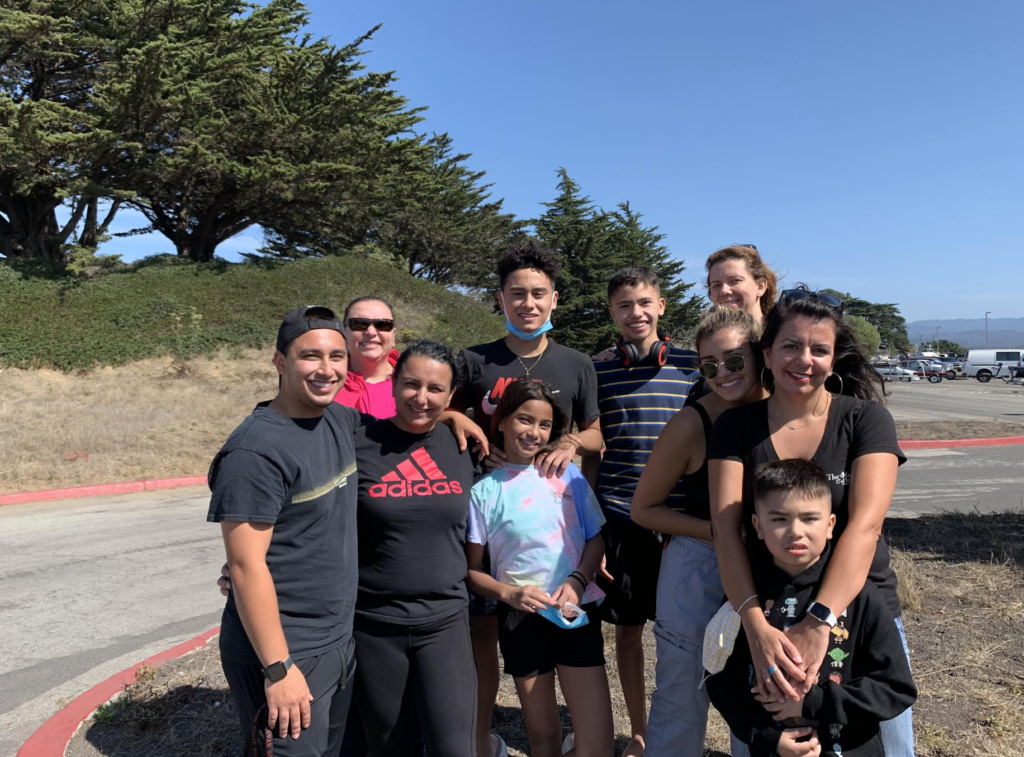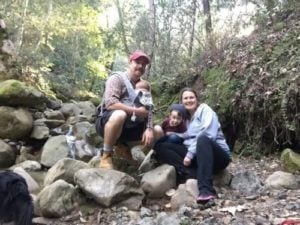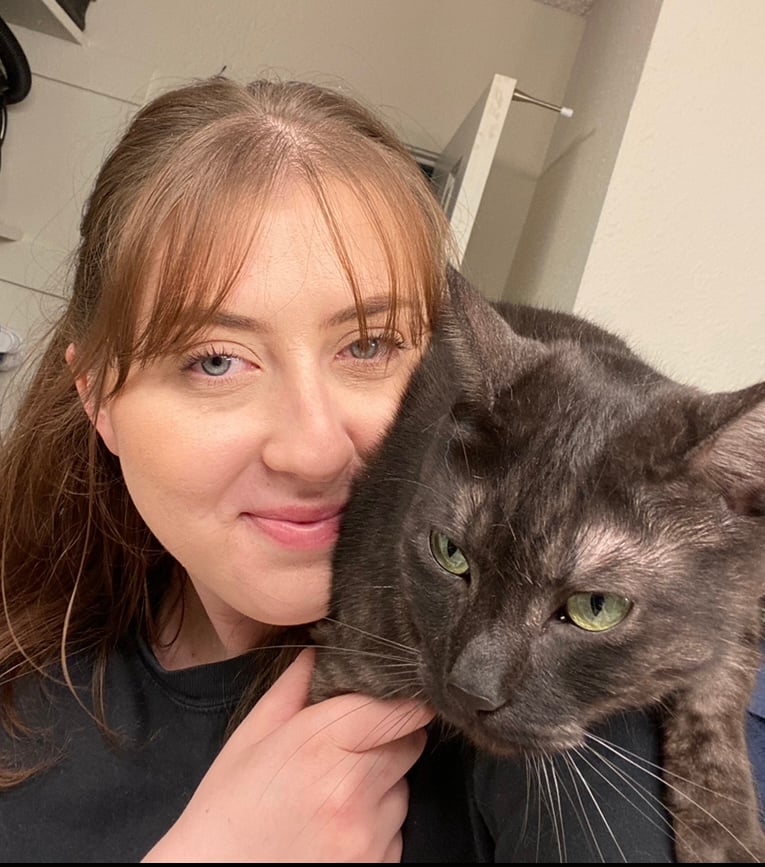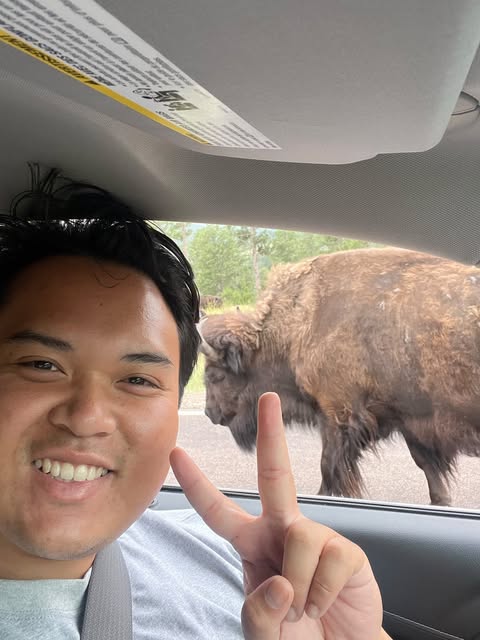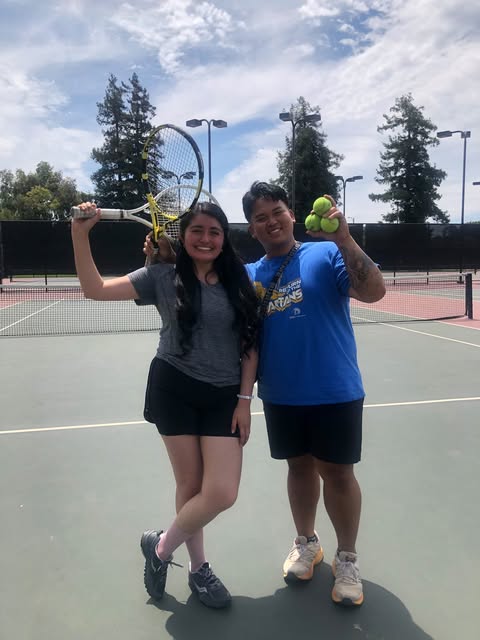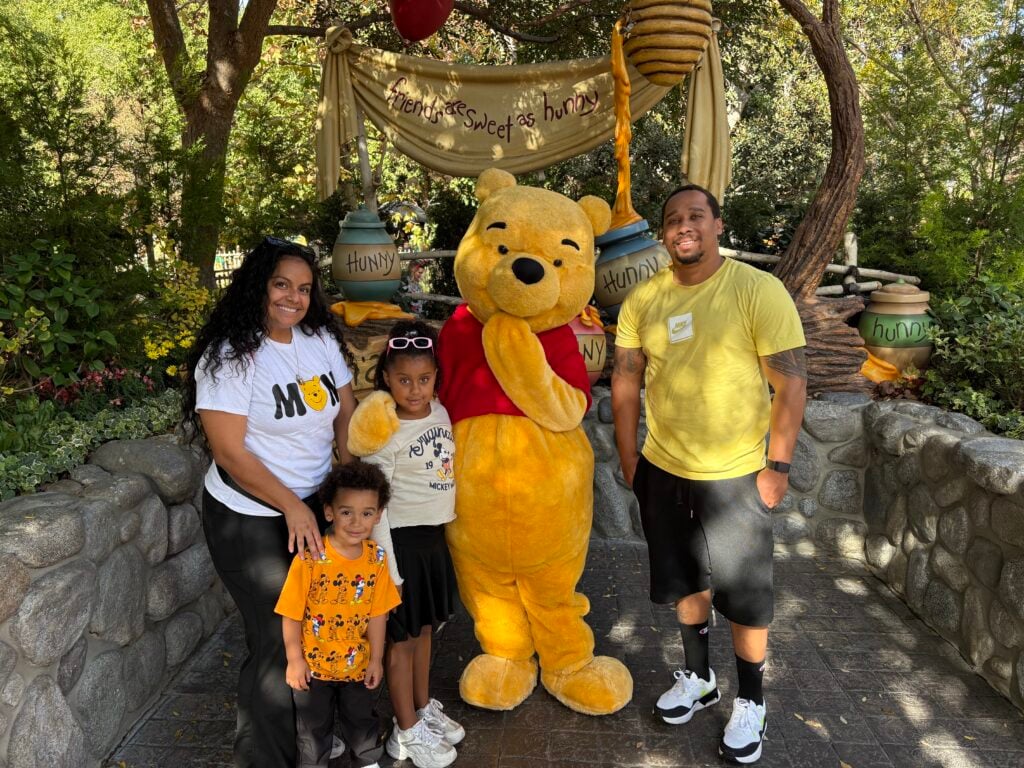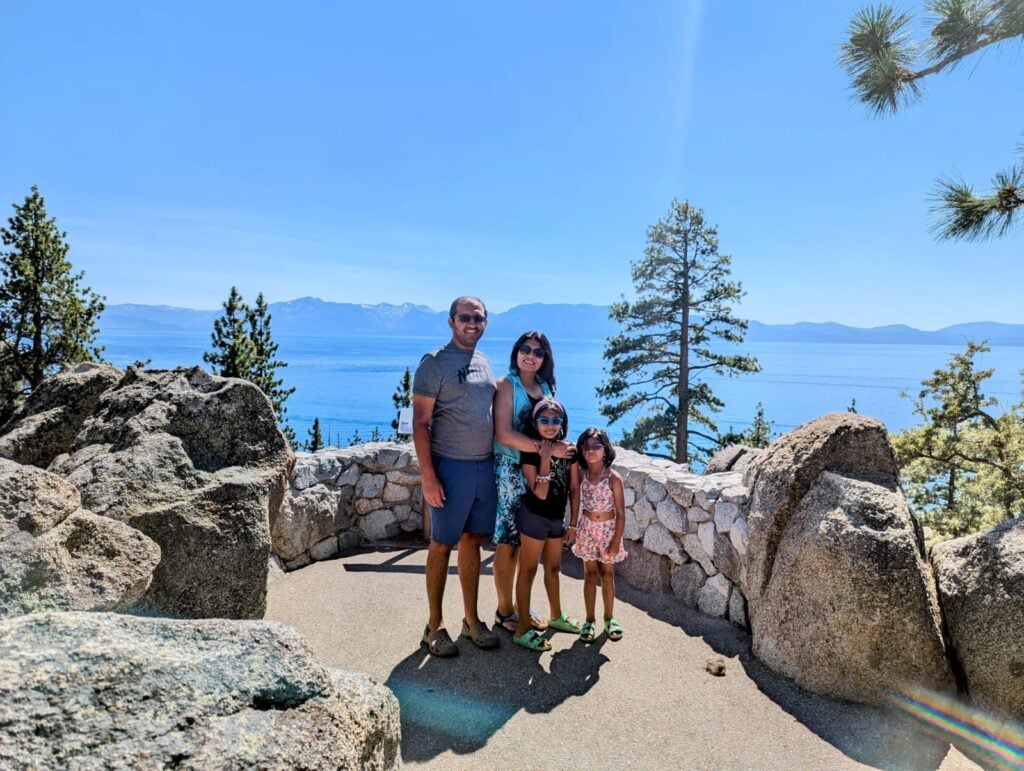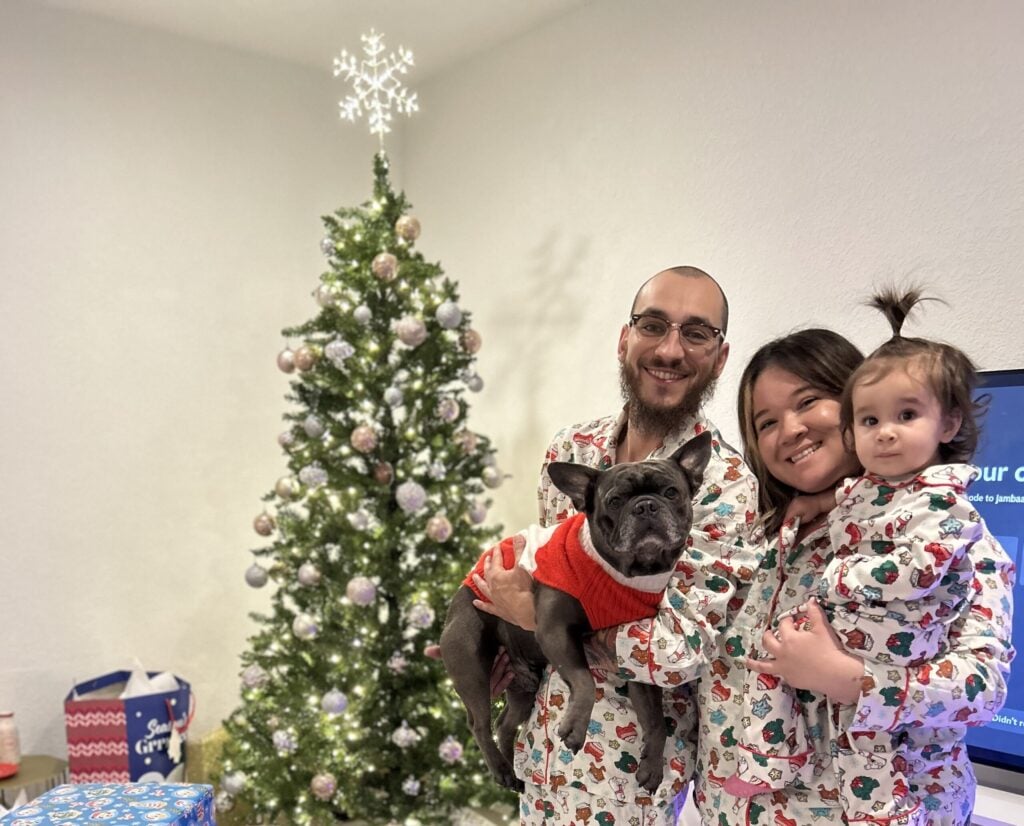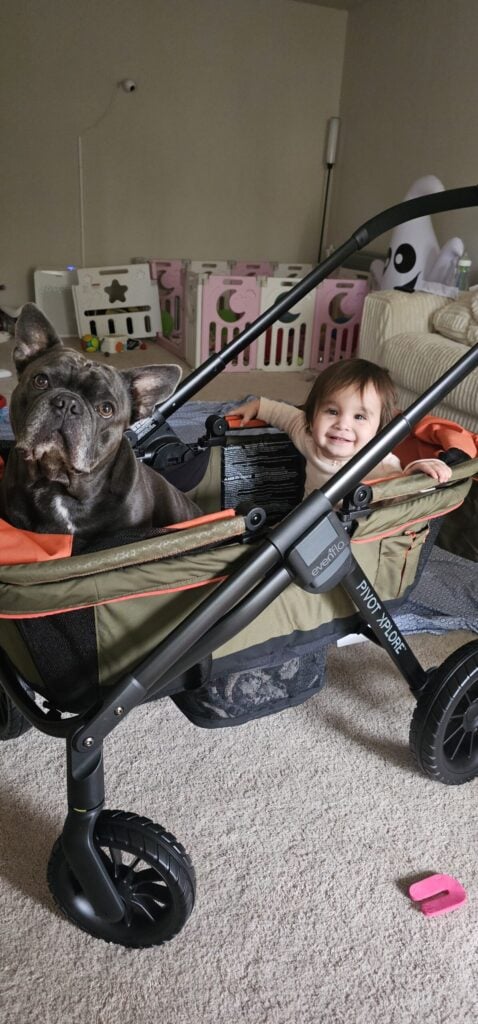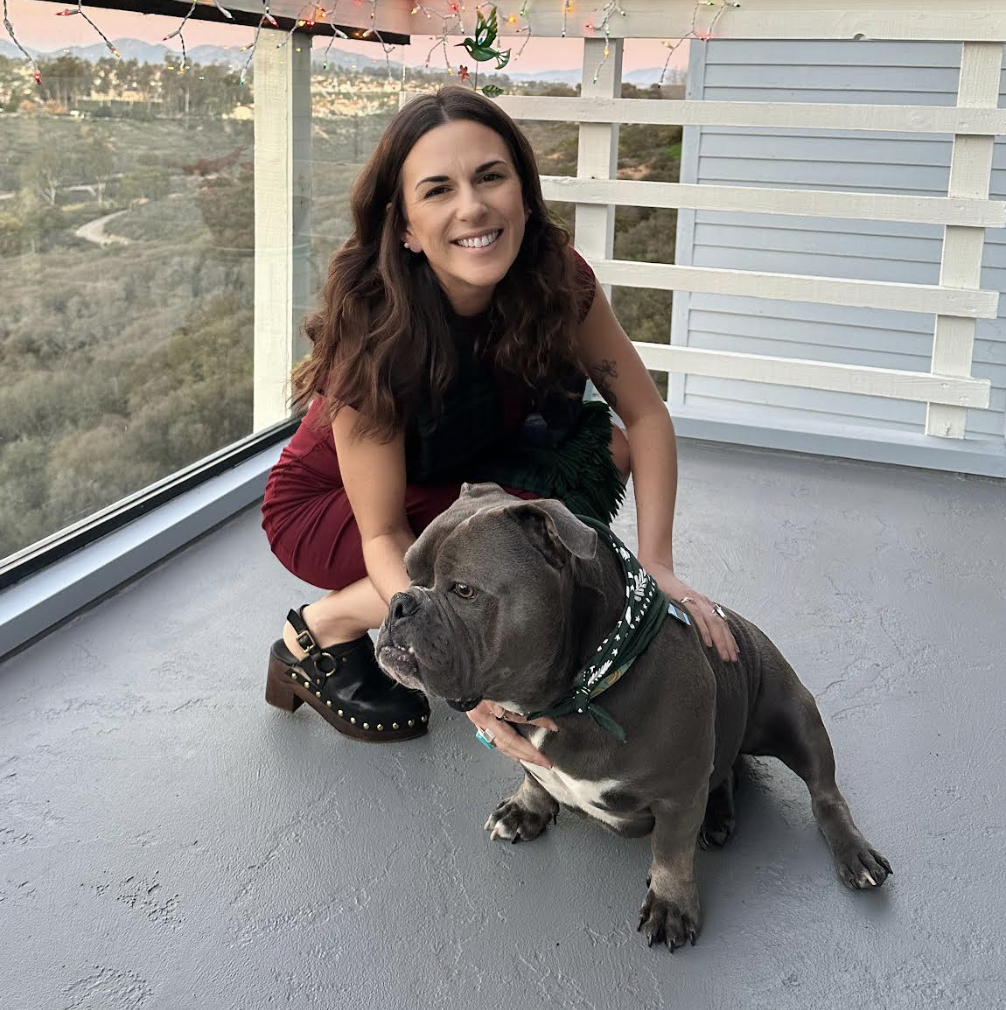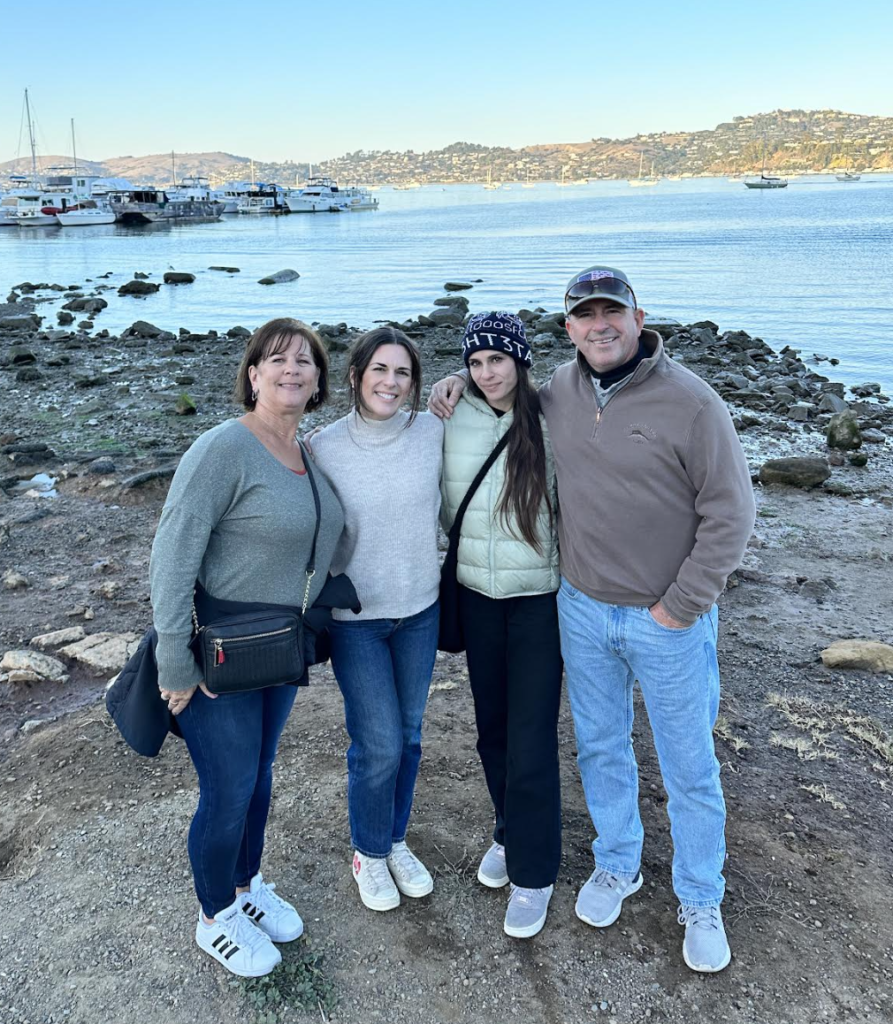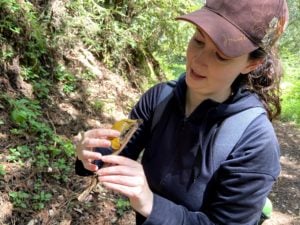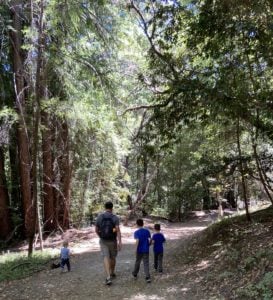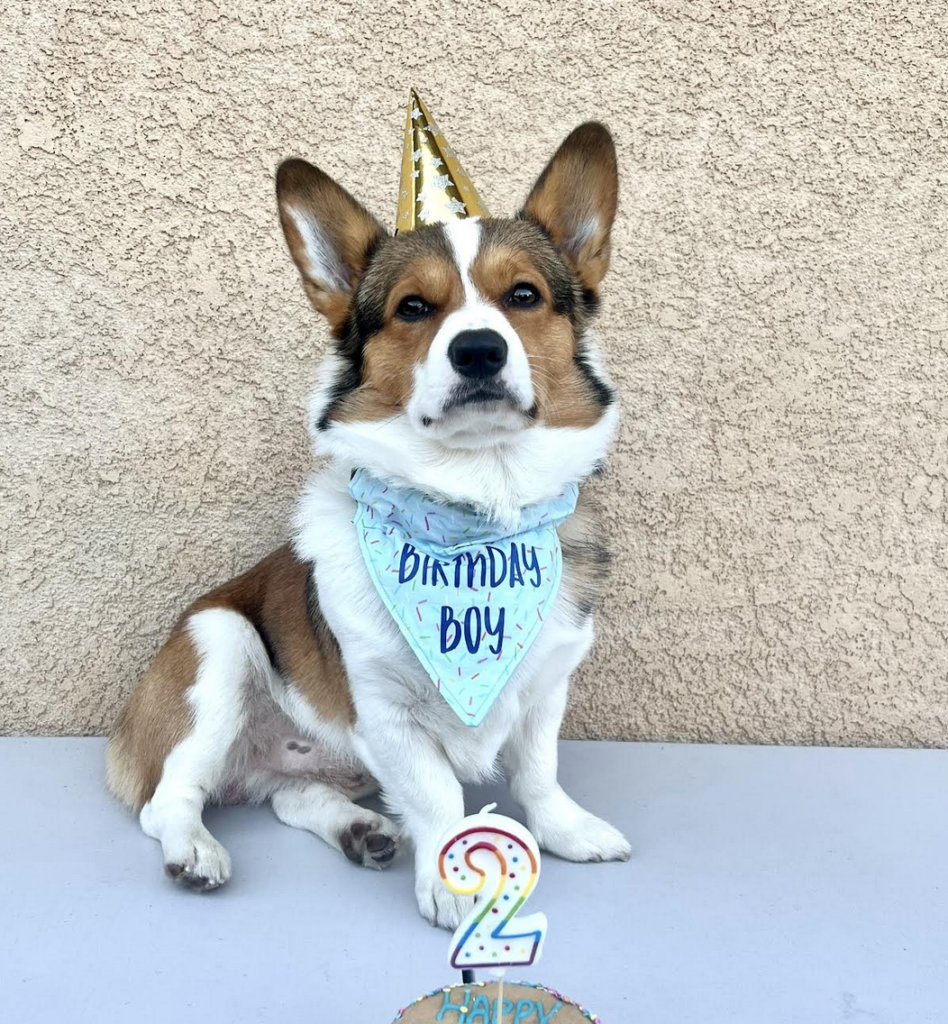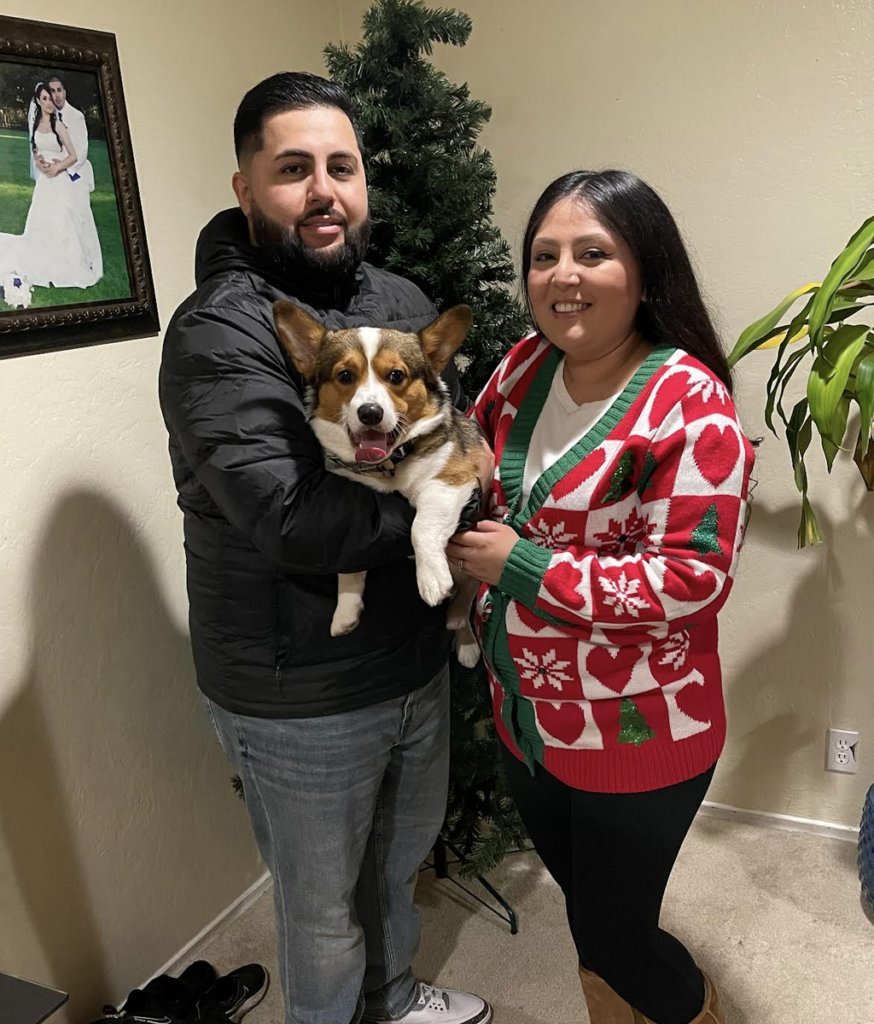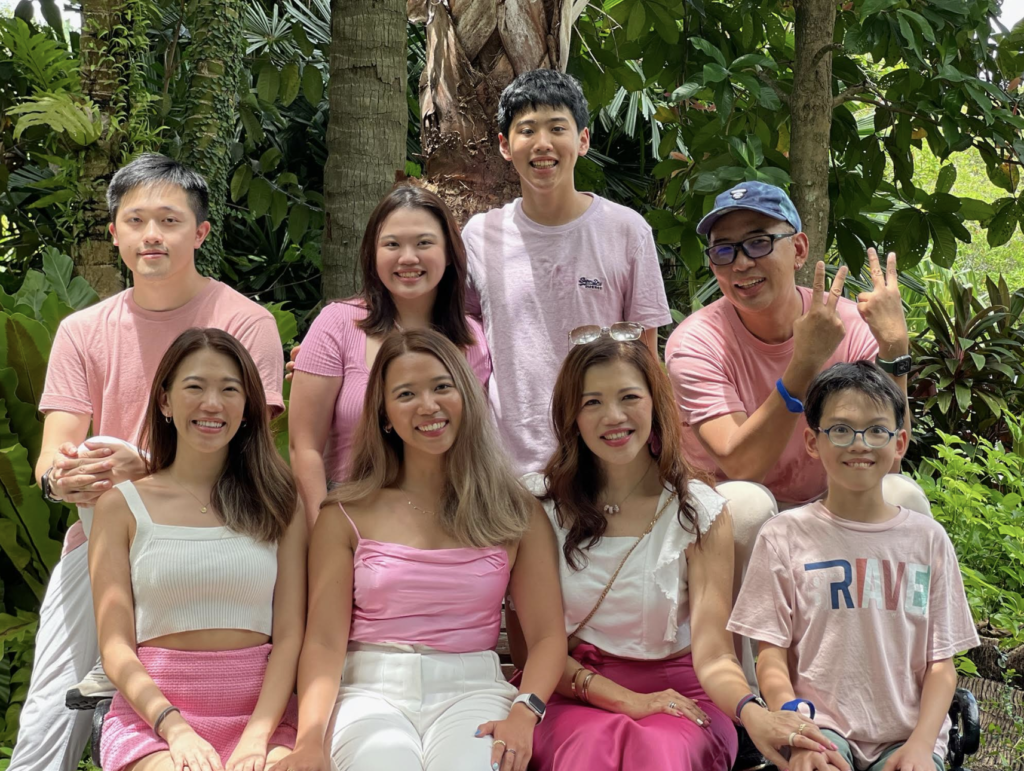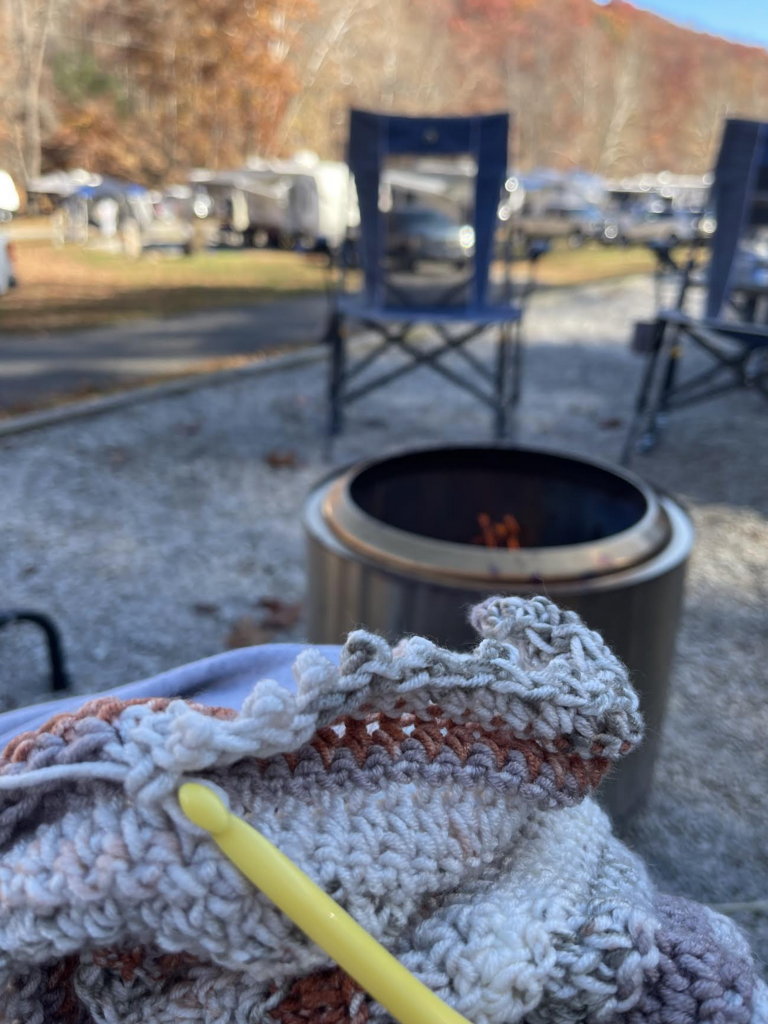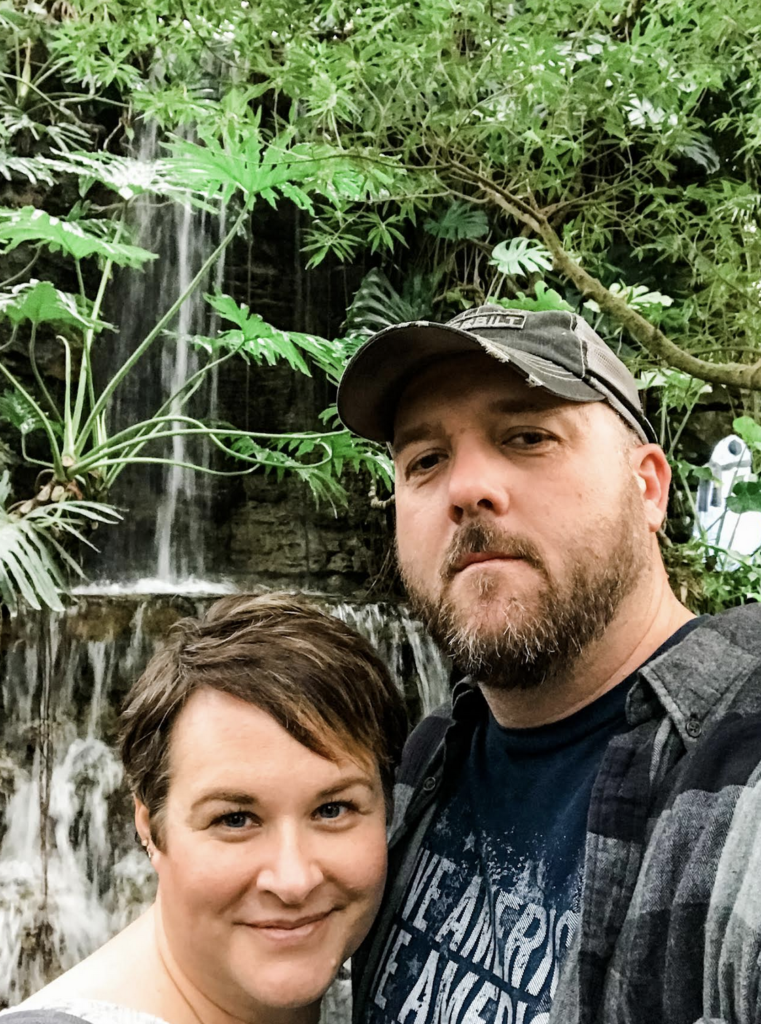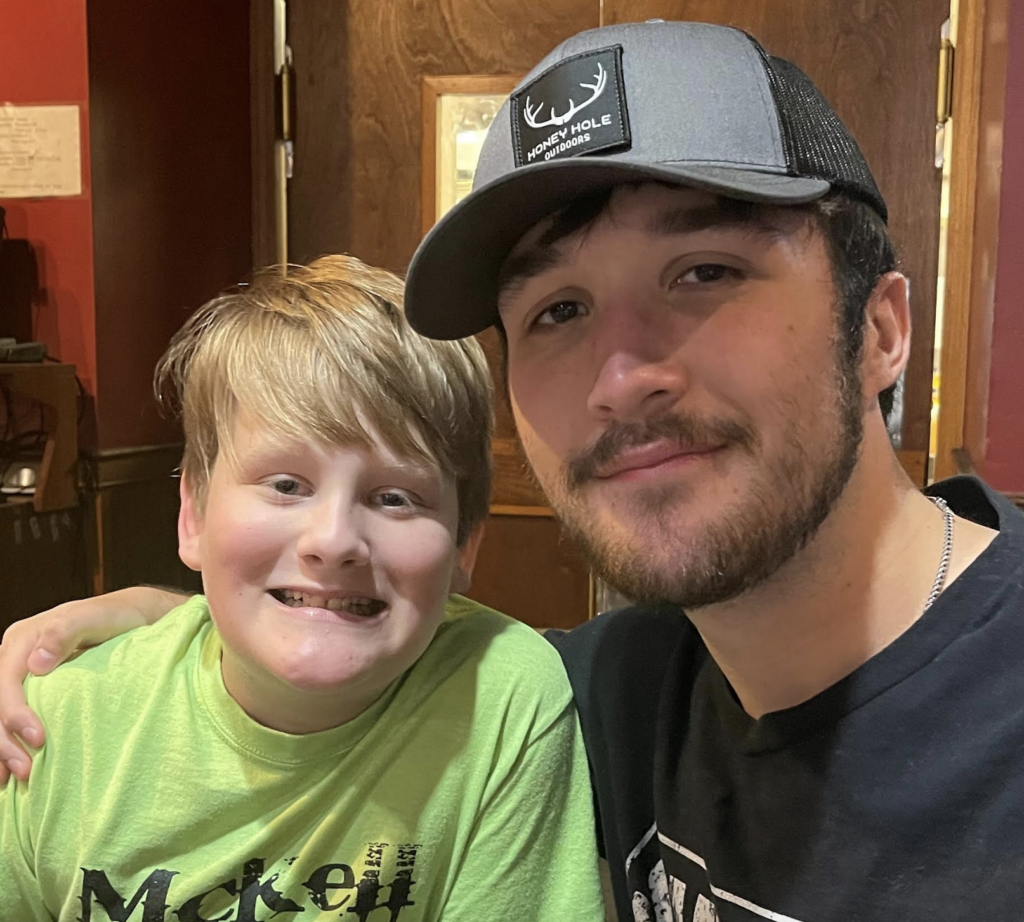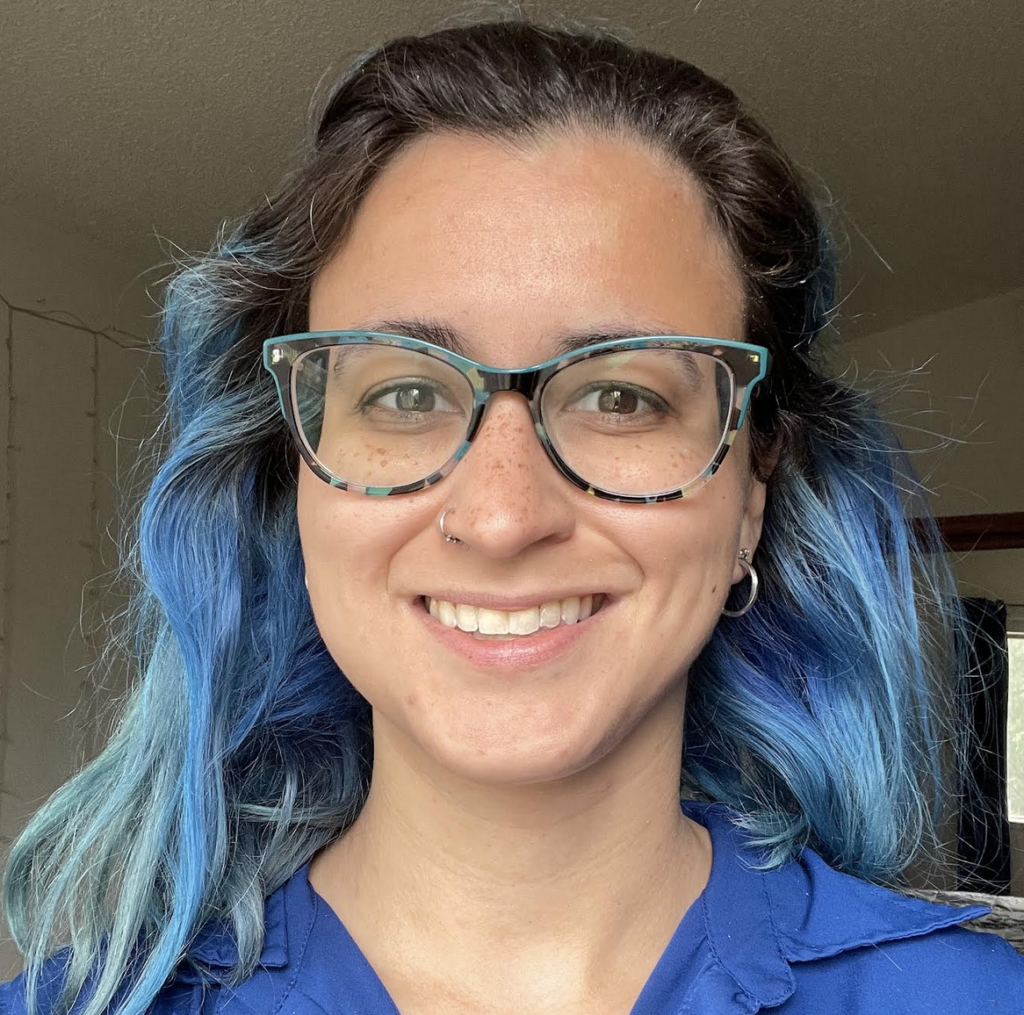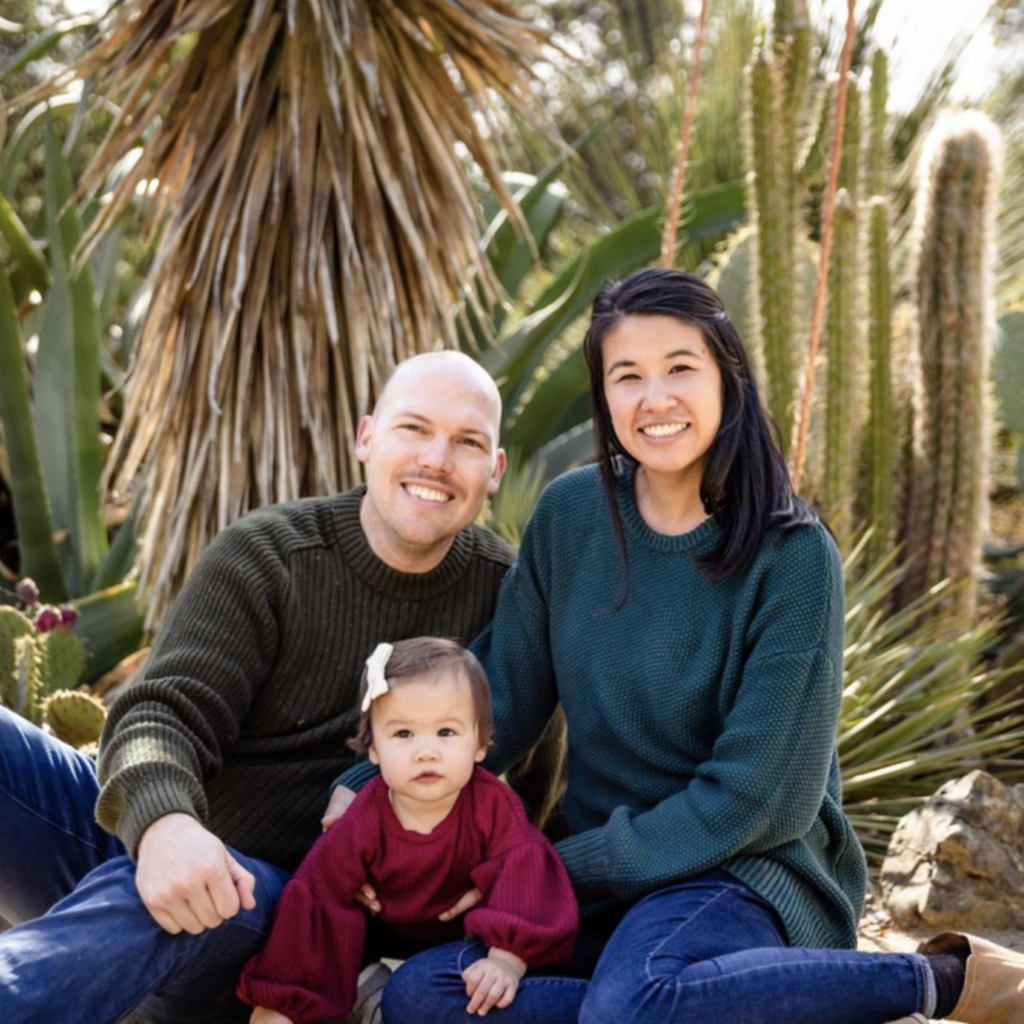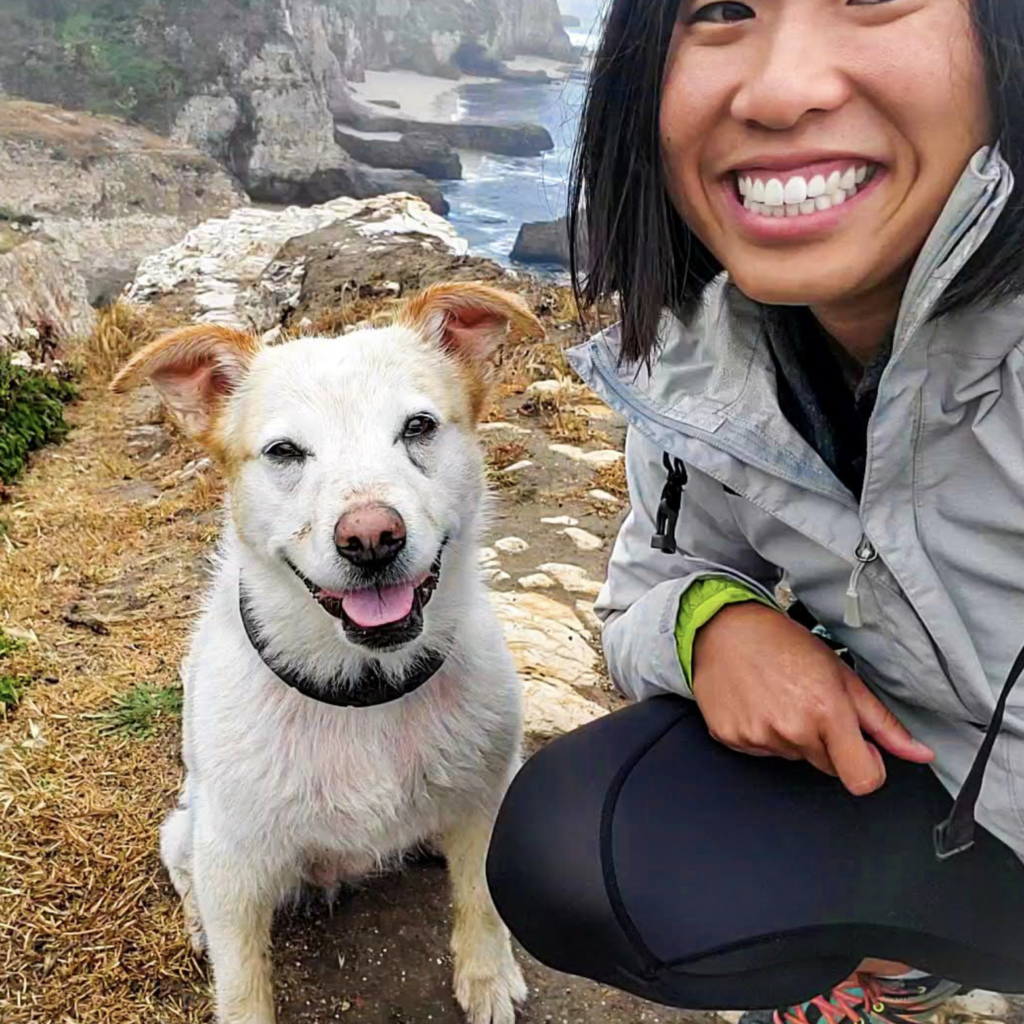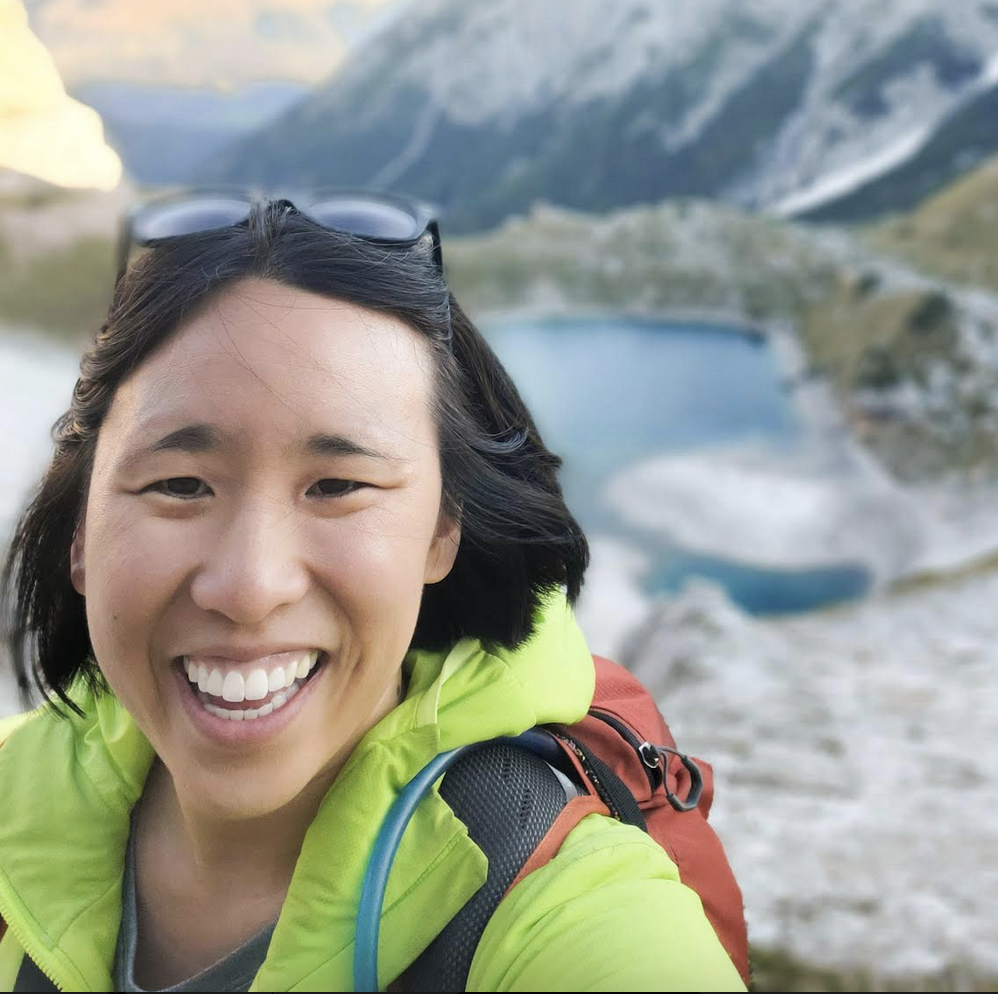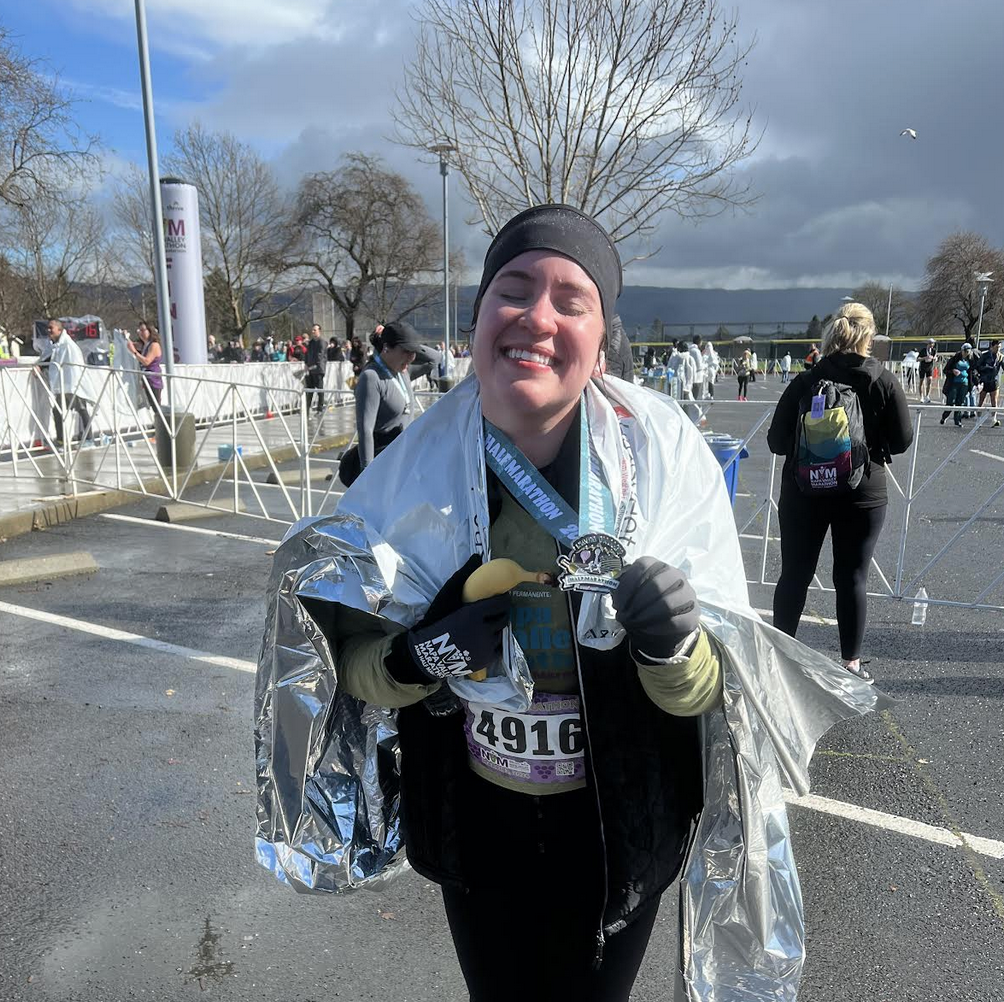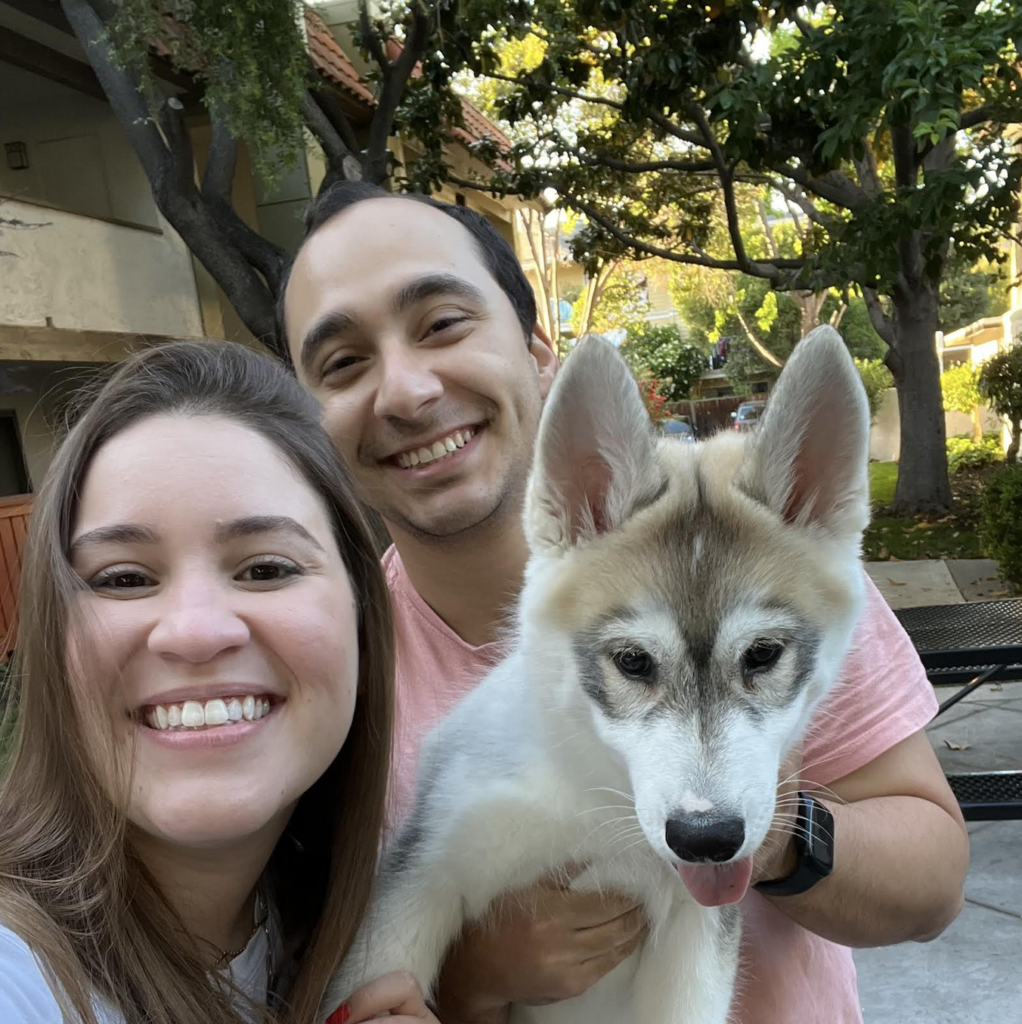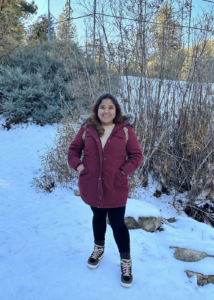Parents often contact us at Joy & Laughter Development Therapy with concerns regarding their child’s speech or language development. It’s no surprise – speech and language delays are the most common delay children face. While it is common, that doesn’t mean it’s something to be ignored.
Speech and language skills develop throughout a person’s lifetime, but the bulk of language learning happens in the earliest years – during childhood. In the first five years of life, parents and children participate in back-and-forth interactions that form the basis for communication.
When a child communicates, whether through a gesture, sound, or word, the parents’ response reinforces the child’s learning. However, studies show that for children struggling to communicate, parents naturally respond less often, providing the child fewer opportunities for language development.
This is why it’s so important for parents to recognize early signs of speech and language delays. In the United States, over 10% of children from birth to age five experience a speech or language delay. While people sometimes insist that children will simply “grow out of” any language delay, approximately 5-8% of preschoolers with a language delay will continue to have that delay into adulthood. Taking early and appropriate action sets children up for having the greatest success in communication.
What is the Hanen Centre?
The Hanen Centre is a nonprofit charity that has spent the last 35 years focusing on growing literacy and language skills in young children.
The Hanen Centre is focused on taking advantage of that period between birth and five years when the window of opportunity for learning is the greatest.
While based in Canada, they’ve taken their training to speech-language pathologists around the world to provide these services to parents everywhere.
What is It Takes Two to Talk?
Until the 1970s, early language intervention involved children being treated one on one by a speech pathologist with little to no interaction with the parents.
During this time, research began to show that when parents are involved in their children’s speech and language development, children make significant gains in communication skills.
However, many parents feel overwhelmed and unequipped to help their child’s communication skills develop.
That’s why the Hanen Centre developed the It Takes Two to Talk program. This program uses speech pathologists trained by the Hanen Centre to teach small groups of parents how to serve a primary role in their children’s speech language development.
While regular therapy sessions with a speech-language pathologist can be critical for children, overcoming speech and language delays takes more than an hour session a week. The It Takes Two to Talk program guides parents in practical communication strategies that can be integrated into daily routines.
Rather than sitting down with a child for “speech time,” the skills are built into the daily activities of life – bath time, bedtime, getting ready for school, or cooking. Any routine can be an opportunity for the parent and child to connect while also developing key communication skills.
What will I learn in the It Takes Two to Talk program?
It Takes Two to Talk will guide parents step-by-step through becoming their child’s most influential language teacher. You’ll learn:
- The stages of communication and how to identify what stage your child is in.
- How to figure out what motivates your child to interact so you can get conversations started.
- How to adjust the routines you already have in place to optimize your child’s opportunity to practice turn taking and communication.
- How to follow your child’s lead to build his confidence in communication.
- How to tweak the way you play and read with your child to maximize language skills.
- How to modify the way you speak with your child to help him understand and learn new words.
Since this program is mostly completed in a group session, you’ll also have the opportunity to connect and learn from the experiences of other parents of children with speech delays. The support and understanding you’ll receive from parents in similar situations is a huge benefit.
The Curriculum
Before the program starts, each child should have received a recent evaluation by a speech-language pathologist to assess their communication level relative to same-aged peers.
Prior to starting the program, each family will also receive an individualized pre-program consultation where you and a speech-language pathologist will work together to develop communication goals for your child.
The pre-program consultation will also include additional assessment specifically tailored to the It Takes Two to Talk program. It Takes Two to Talk will include eight small group classes for the parents only. Each class will last approximately 2.5 hours.
The weekly class schedule is as follows:
Week 1: Let Your Child Lead
Week 2: Follow Your Child’s Lead
Week 3: Take Turns to Keep Interaction Going
Week 4: Add Language to the Interaction
Week 5: Add Language to Build Understanding
Week 6: Let’s Play
Week 7: Sharing Books
Week 8: Moving Forward with Music
In addition to the group classes, each parent and child combo will have three individual sessions with the SLP. These sessions will assess how well the parents are implementing the skills taught in the class and provide the opportunity to assist parents in improving upon those skills.
Why should I enroll in the It Takes Two to Talk Program?
In studies conducted on the It Takes Two to Talk program, parents who have completed the course become more responsive to their children, while the children improved upon their turn-taking, responsiveness, and assertive communication skills. Many families reported improvement in their family relationships overall.
This program makes therapy a part of daily family life. It allows children to practice their communication skills with the people who know them best, who they feel the most comfortable with, and who they spend the most time with – their parents.
Our next session of It Takes Two to Talk begins in August. Join us and watch what this amazing program can do for your family! We are holding orientation sessions on July 27th, August 3rd, and August 10th.
